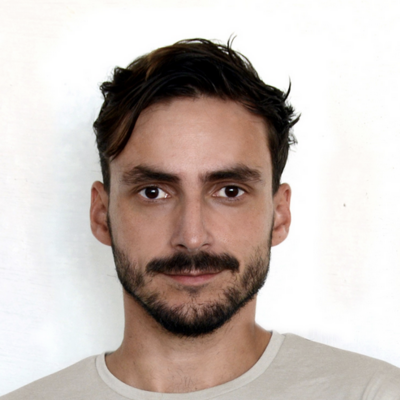

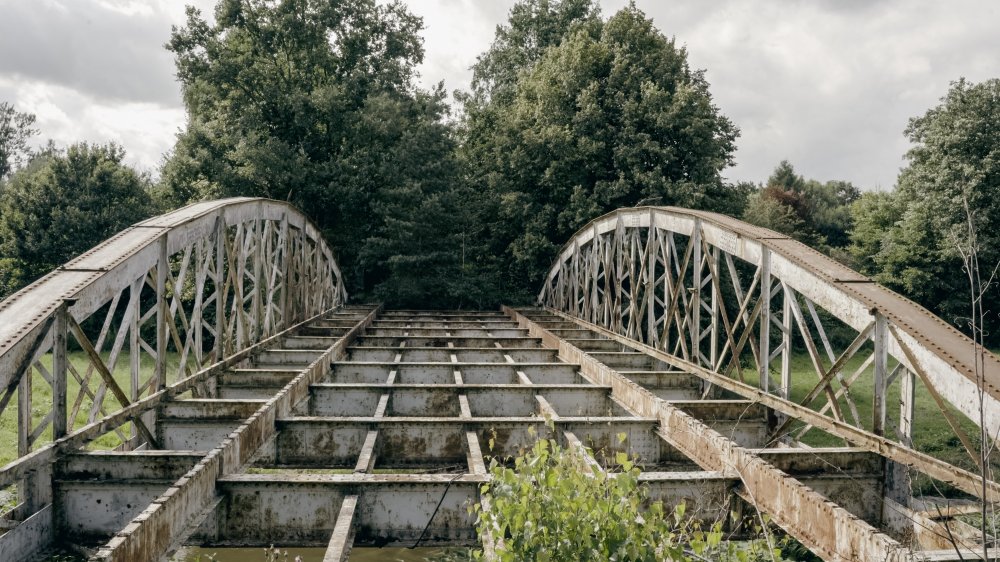
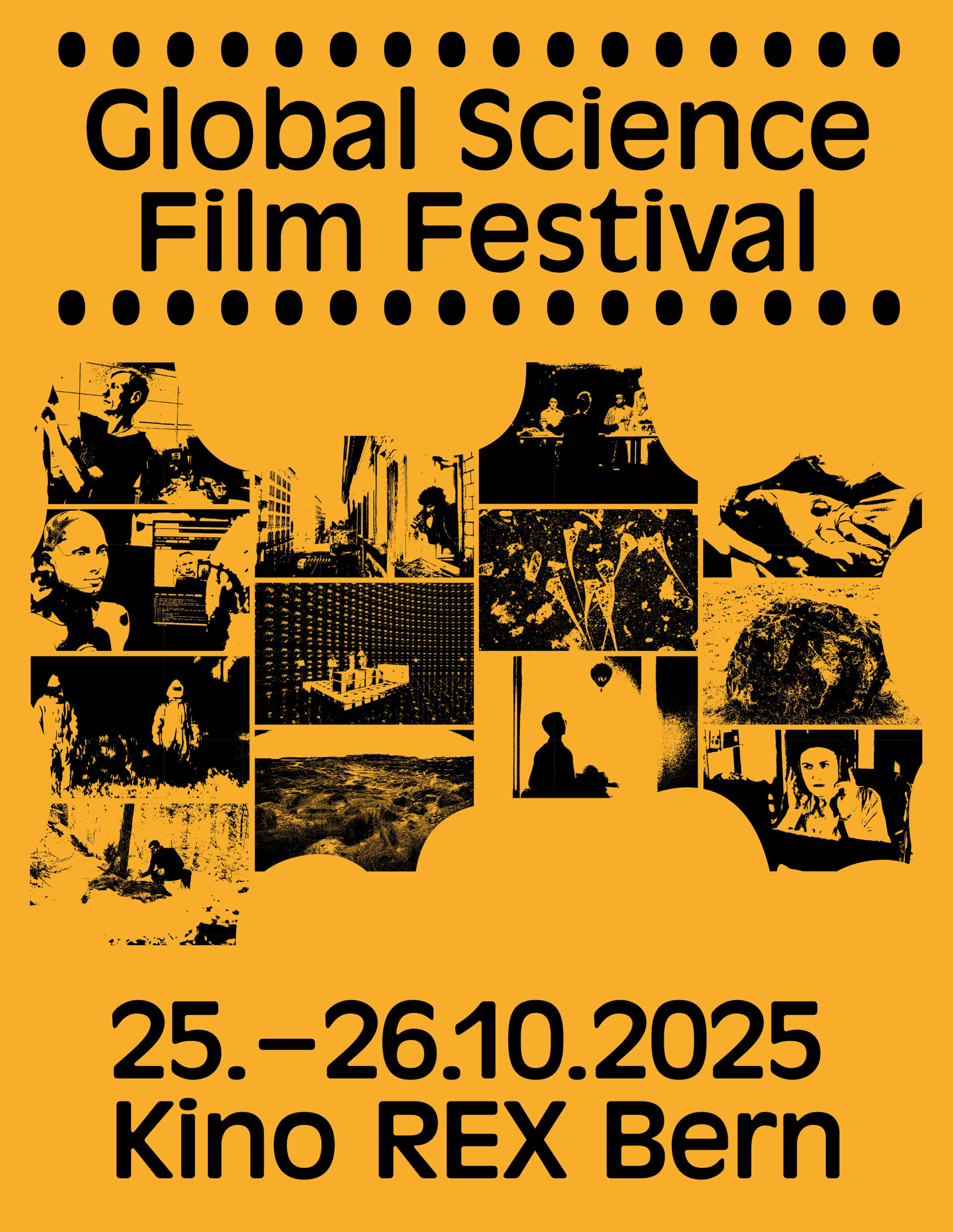
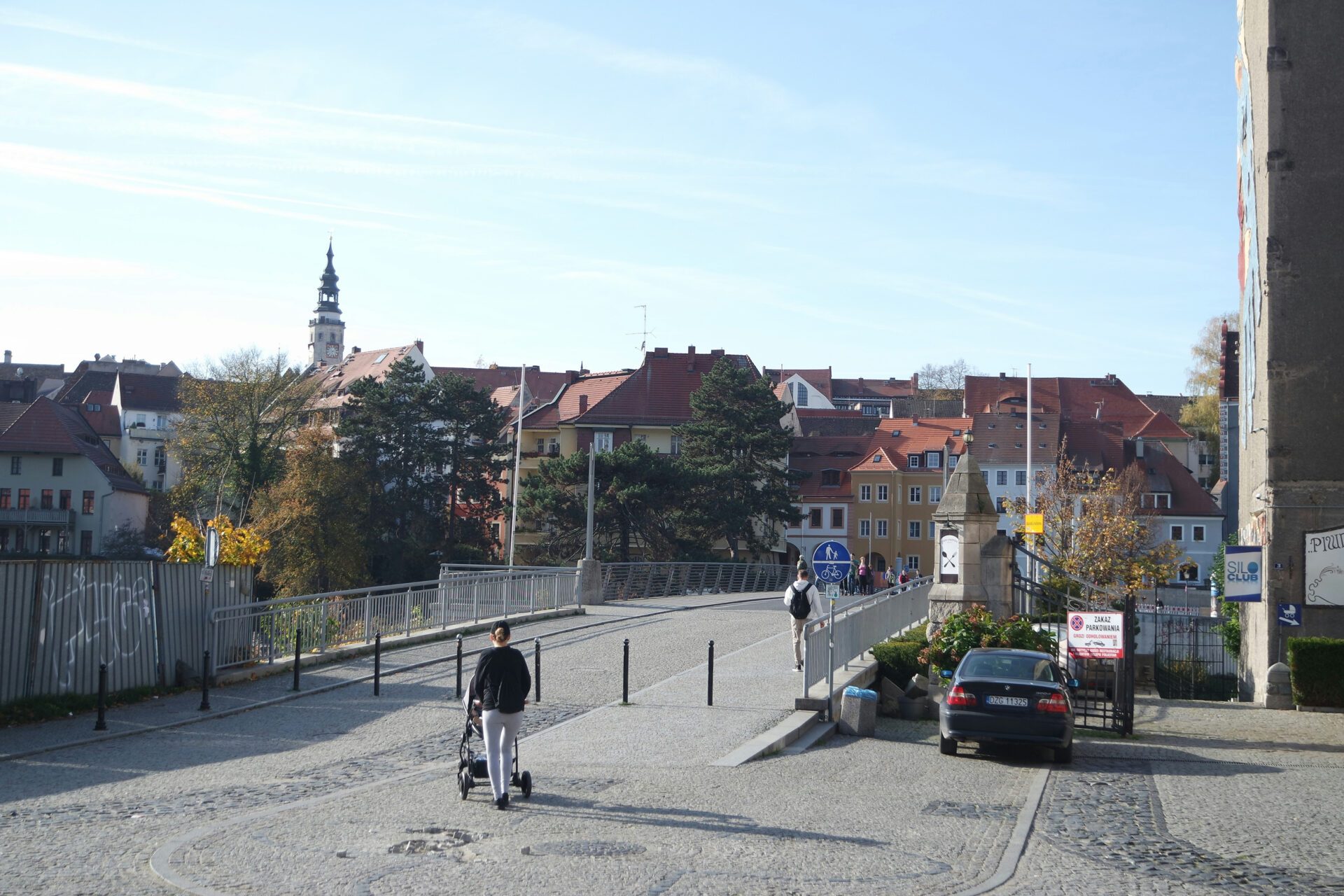
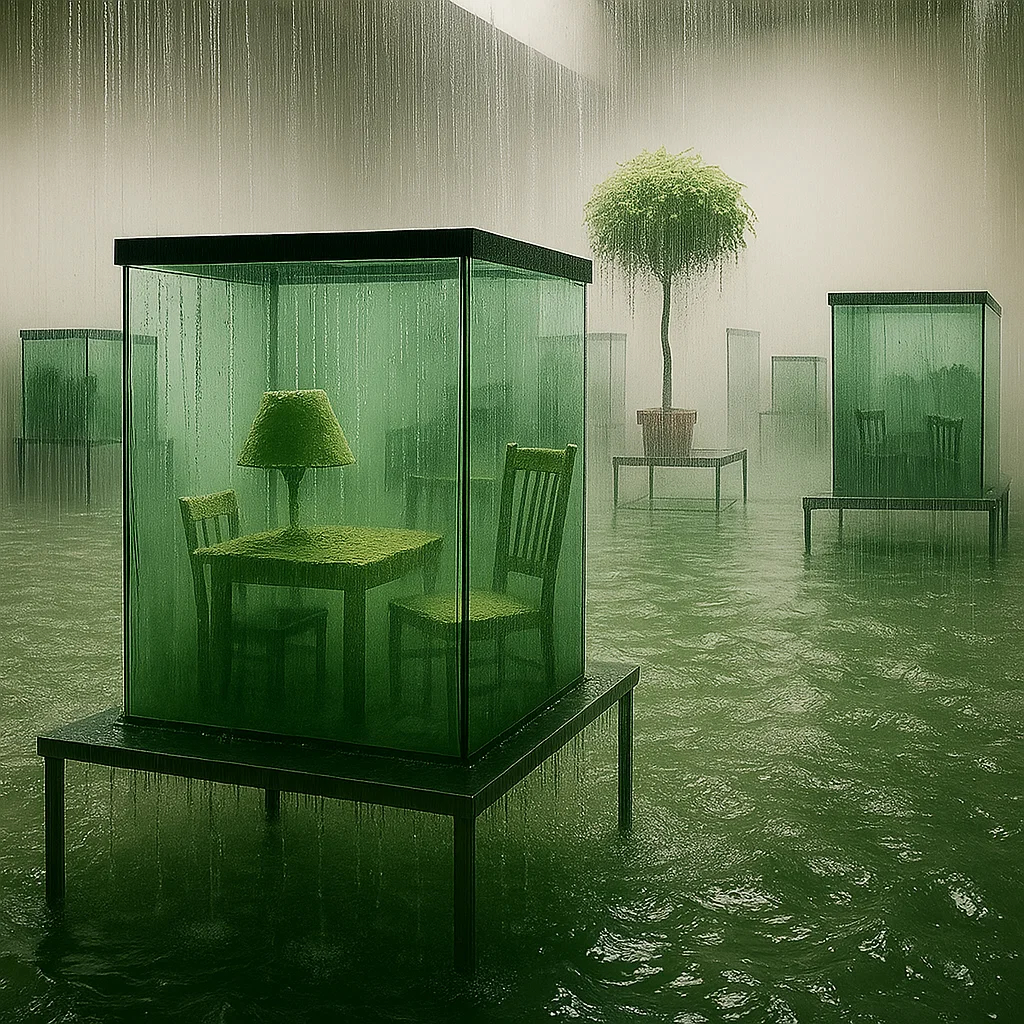


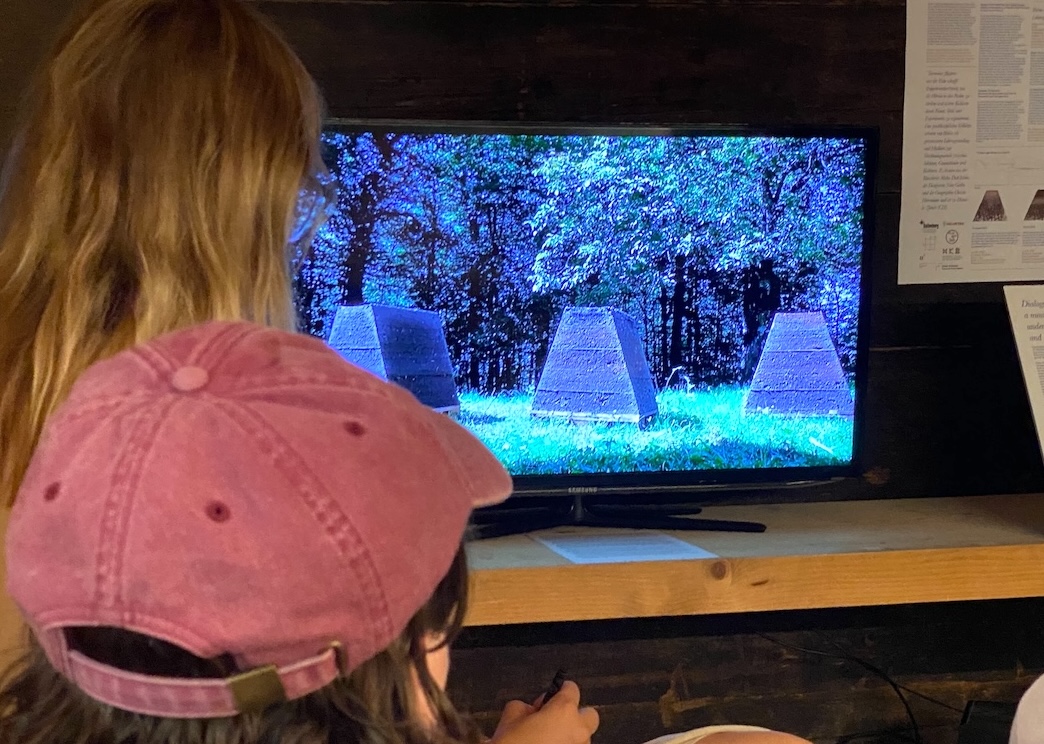

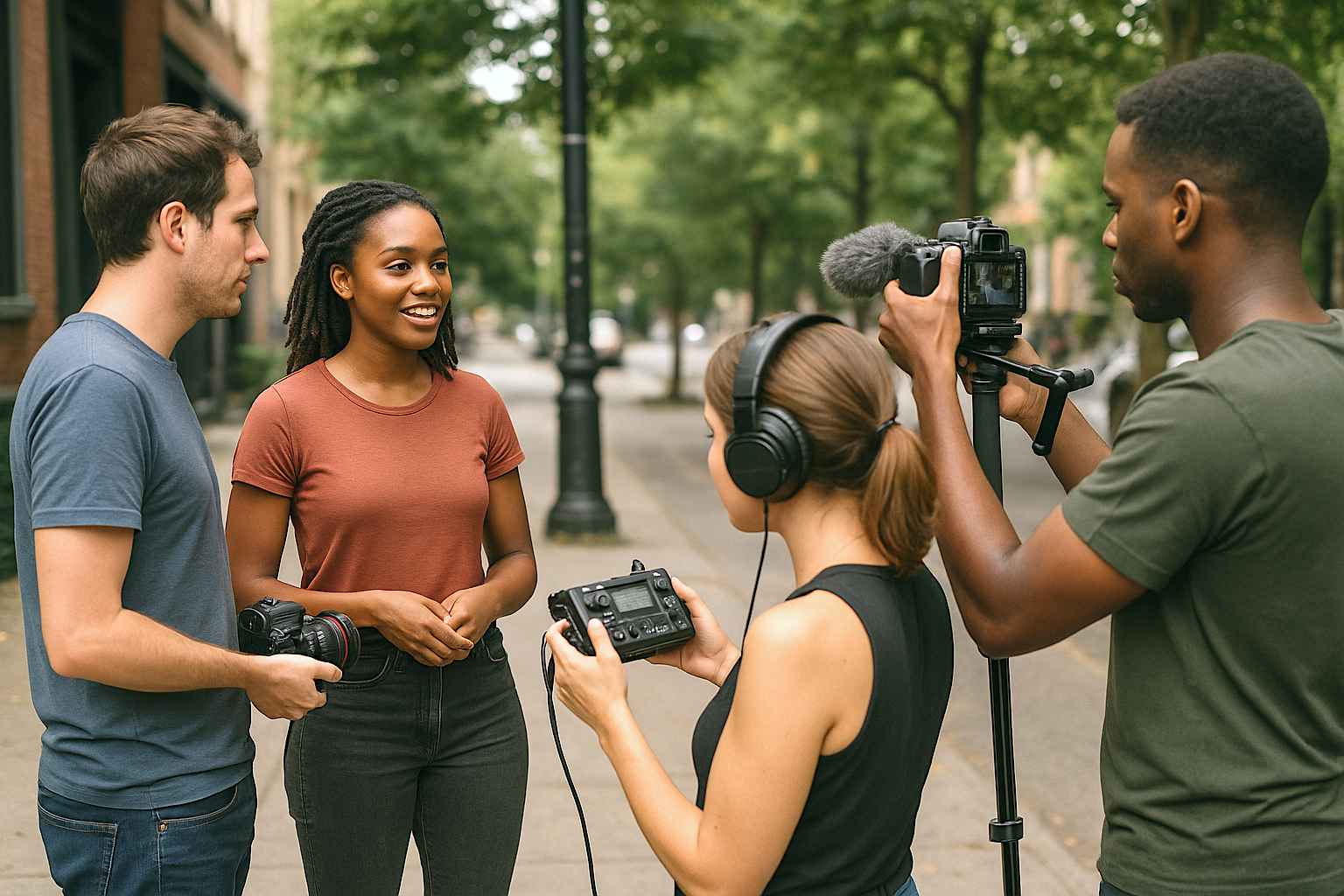
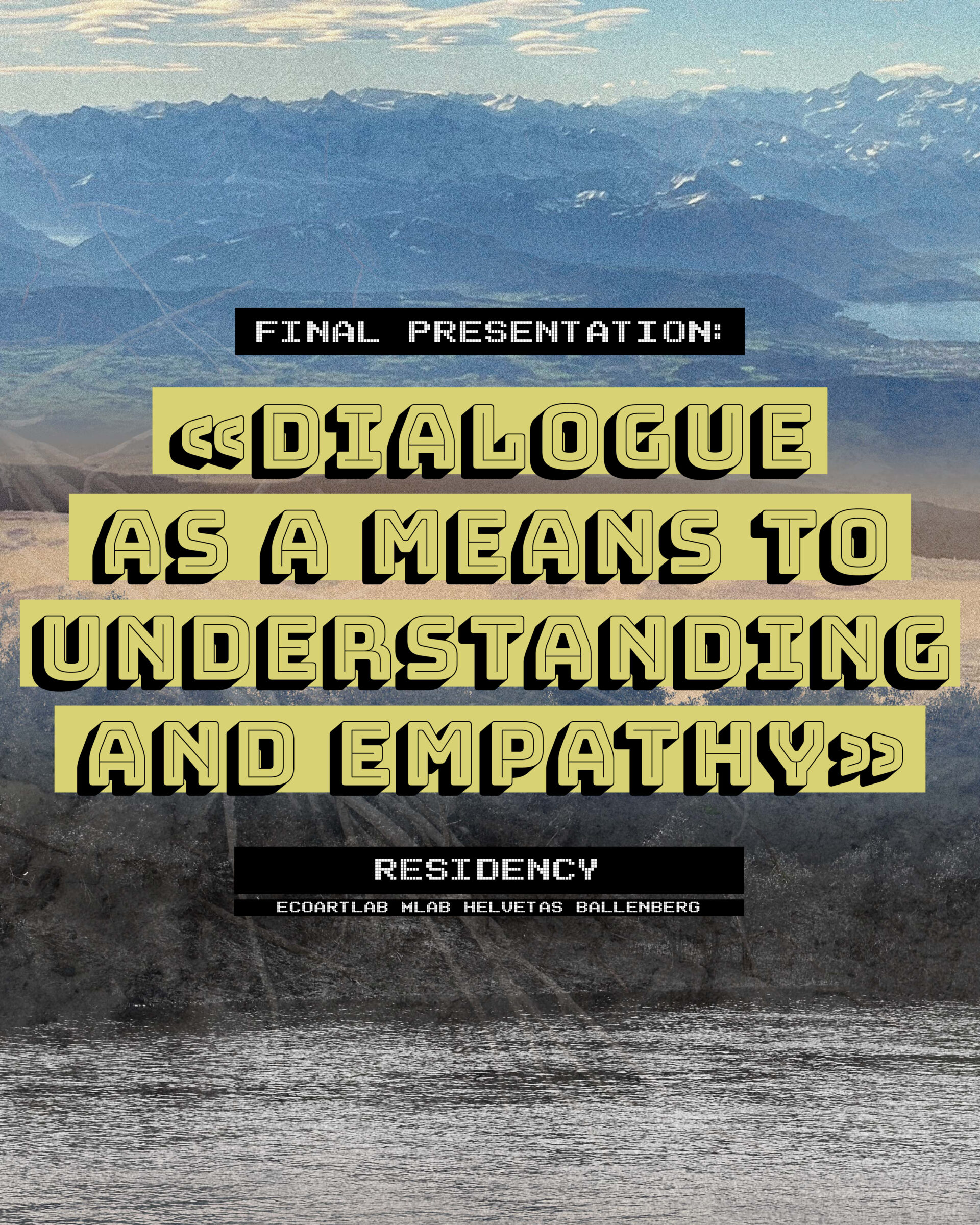
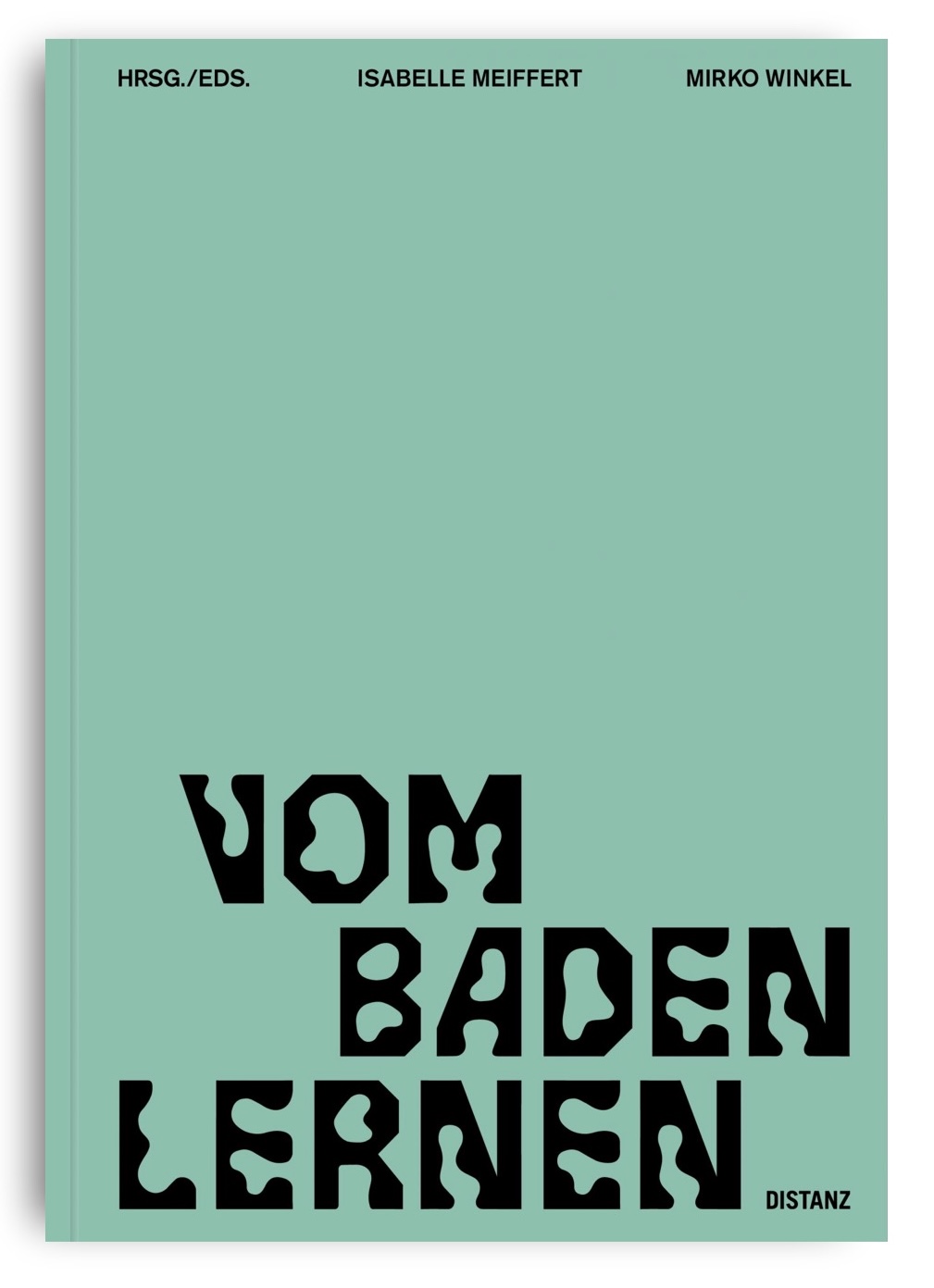
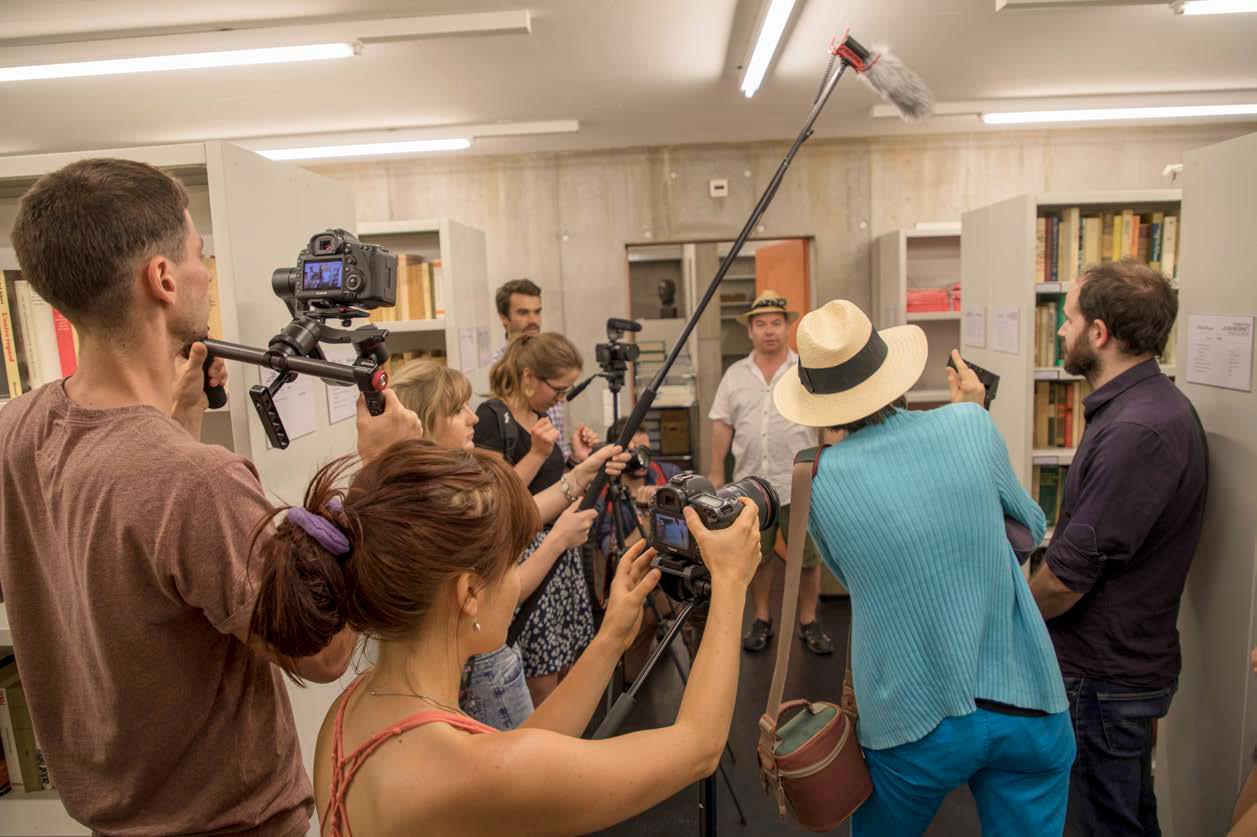
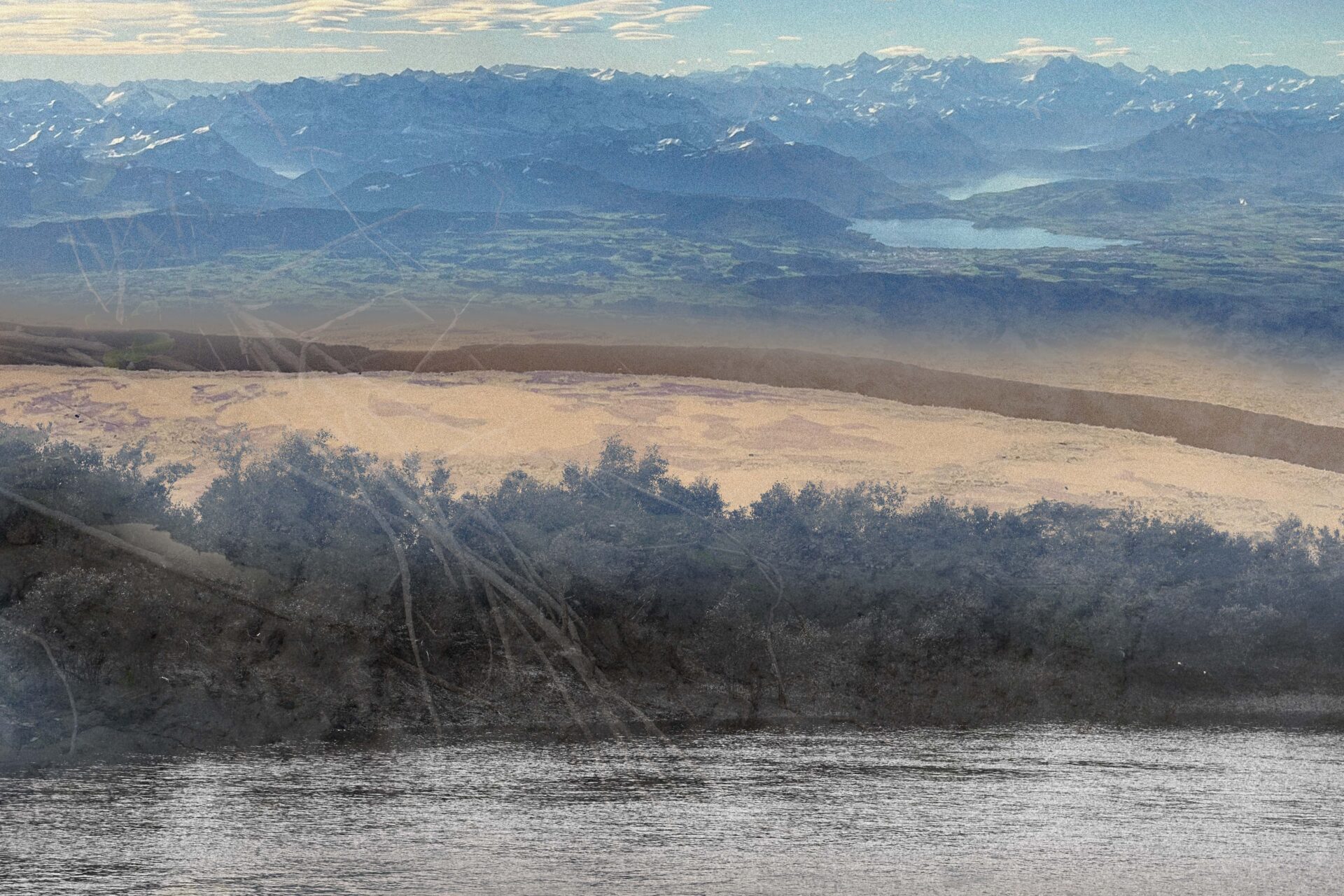
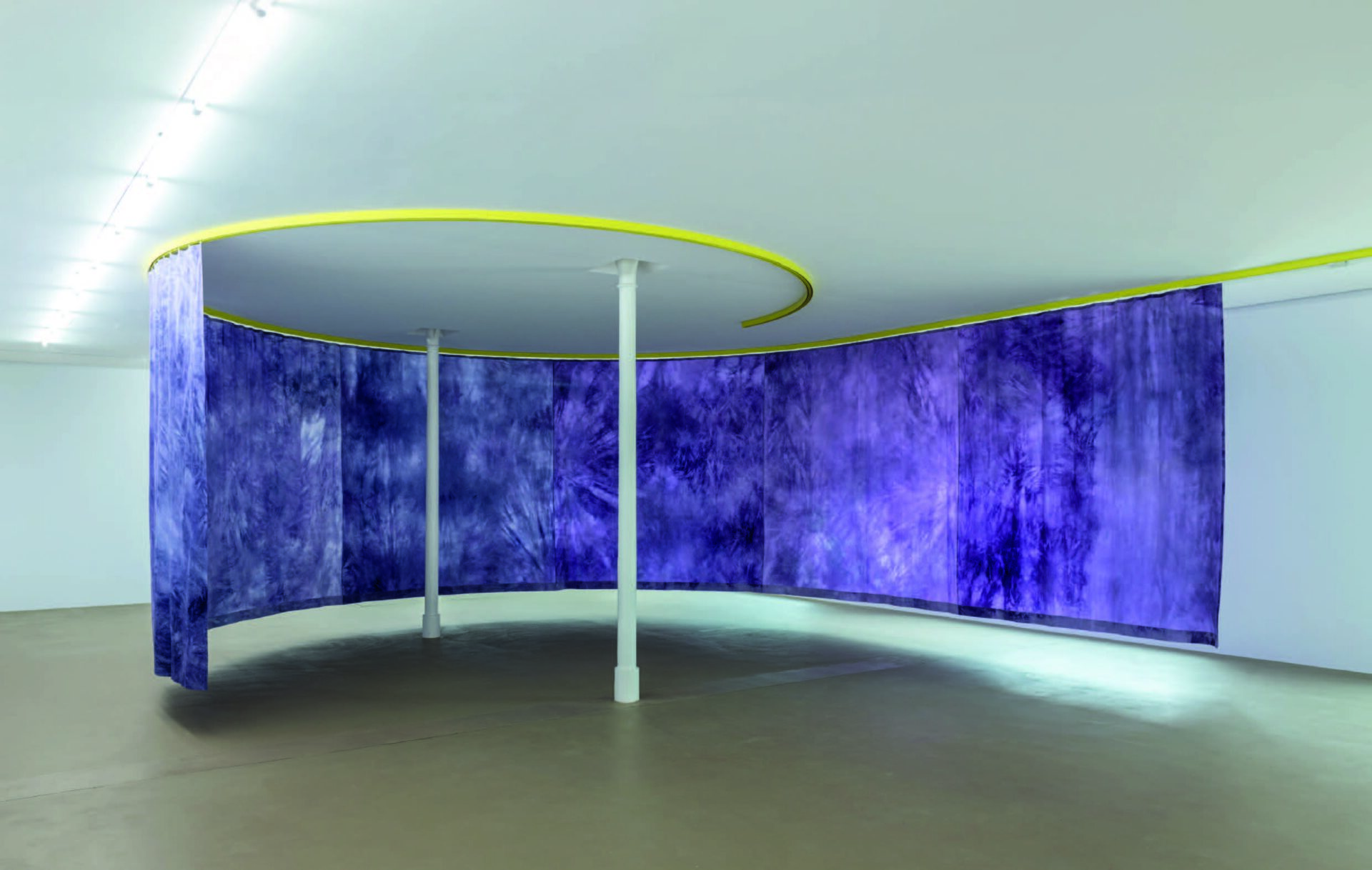
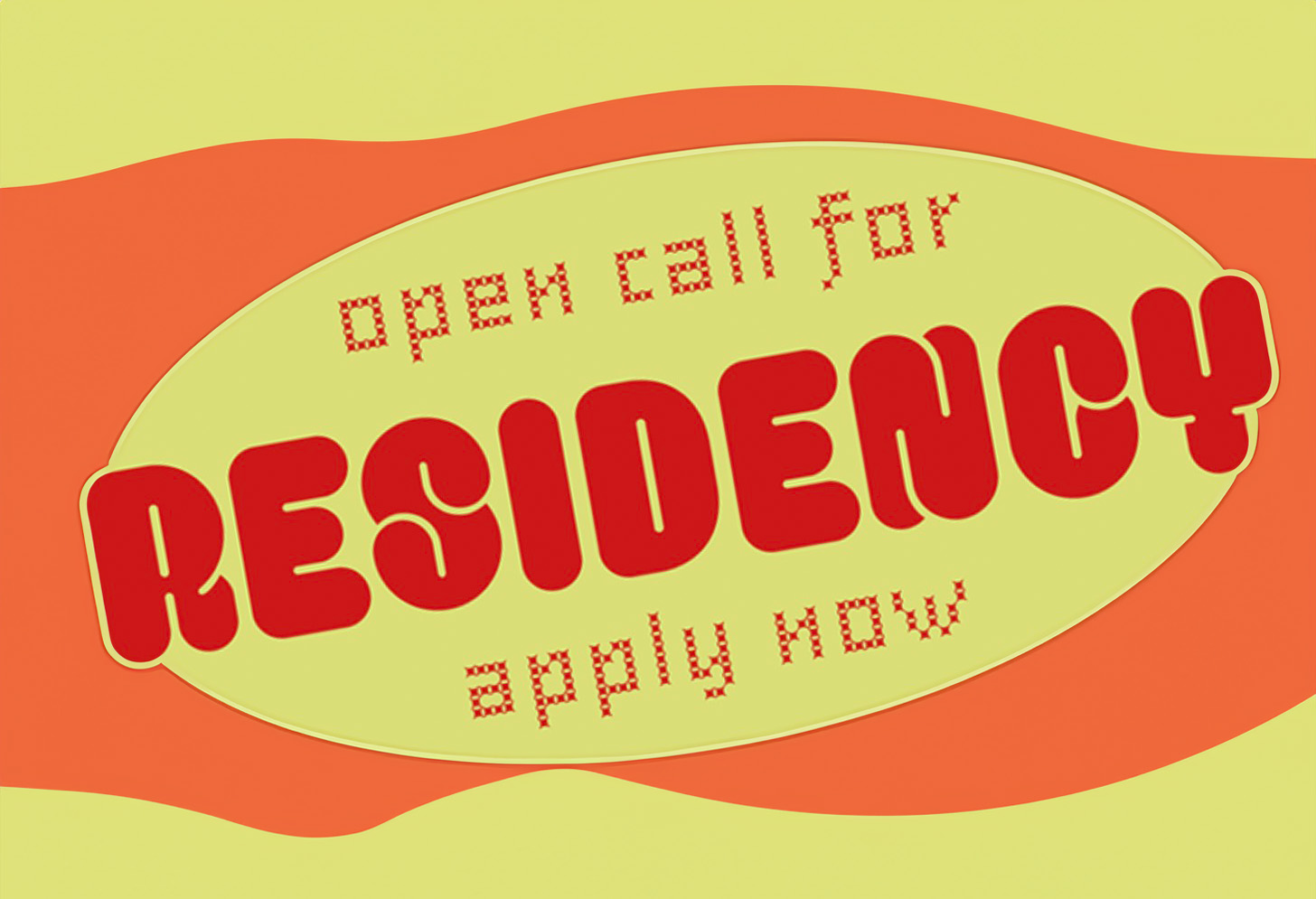
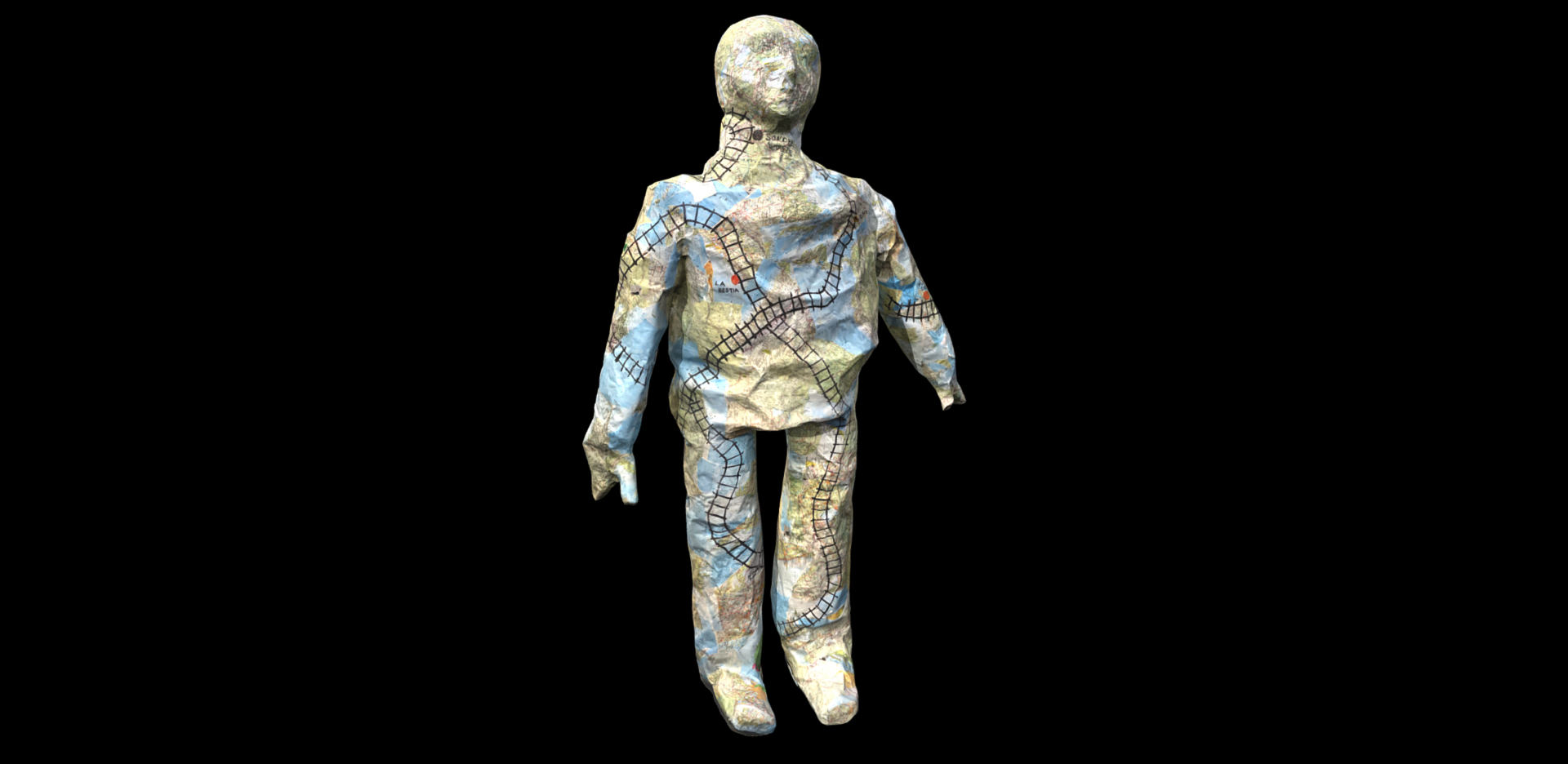
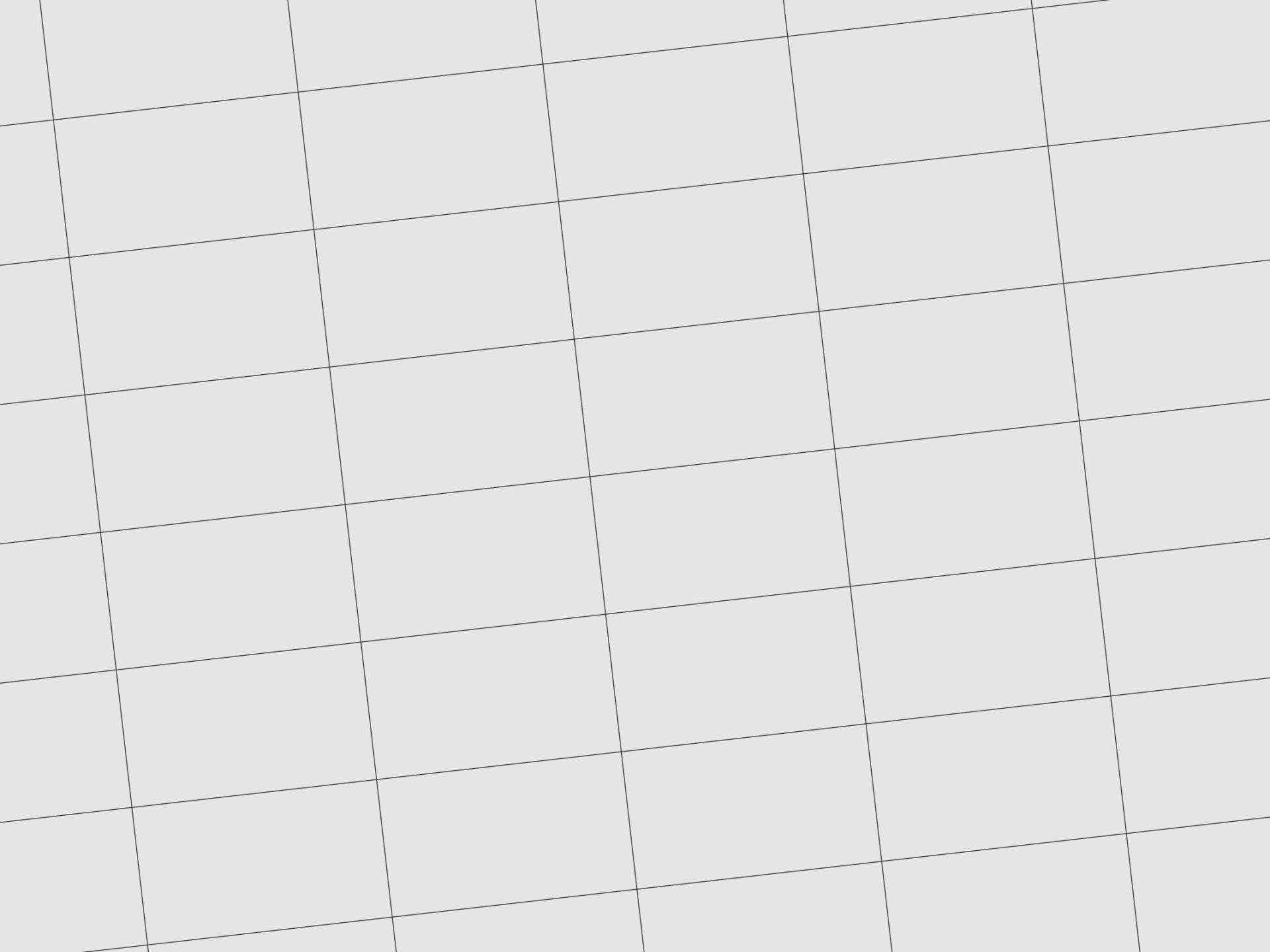
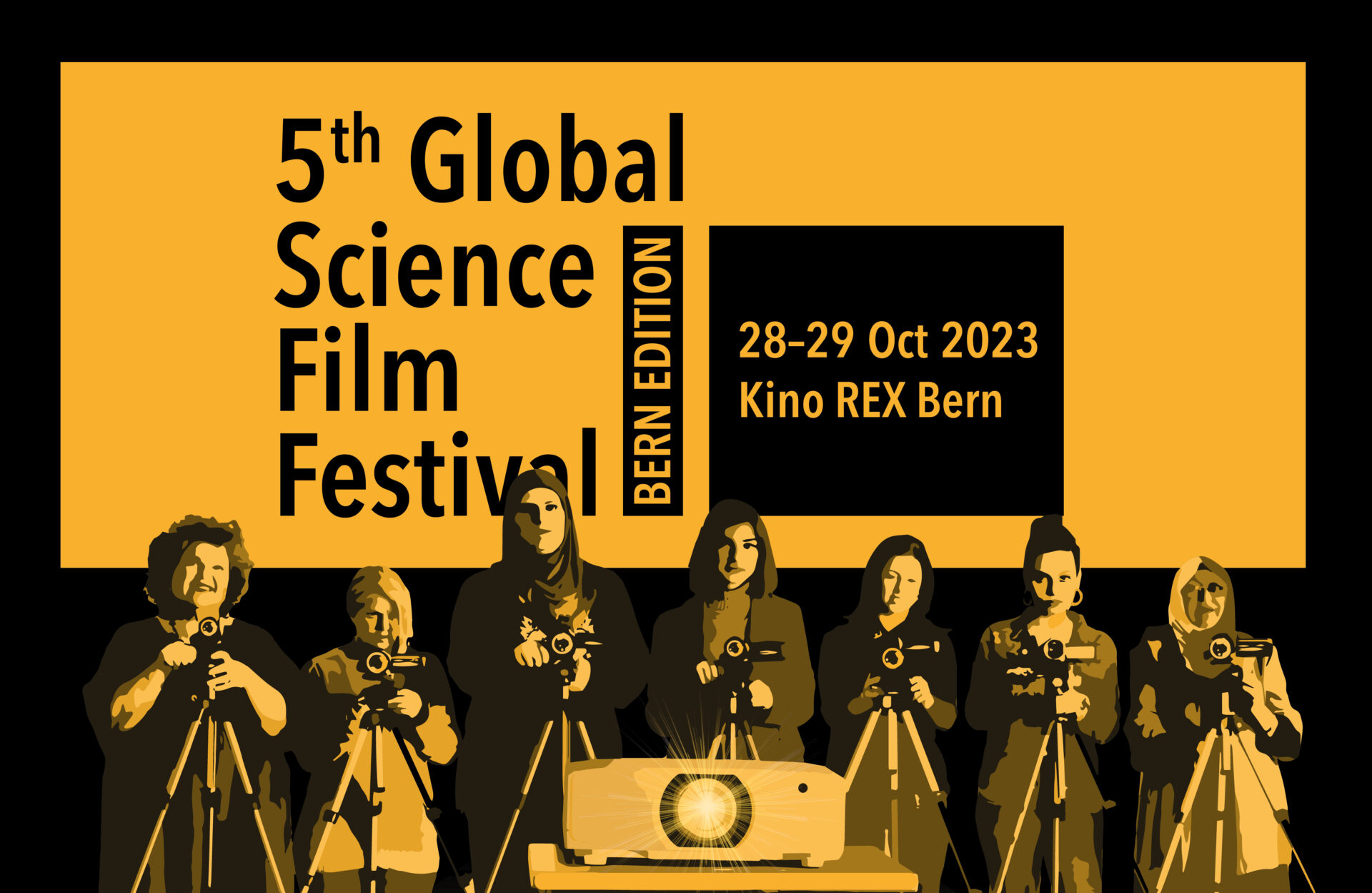
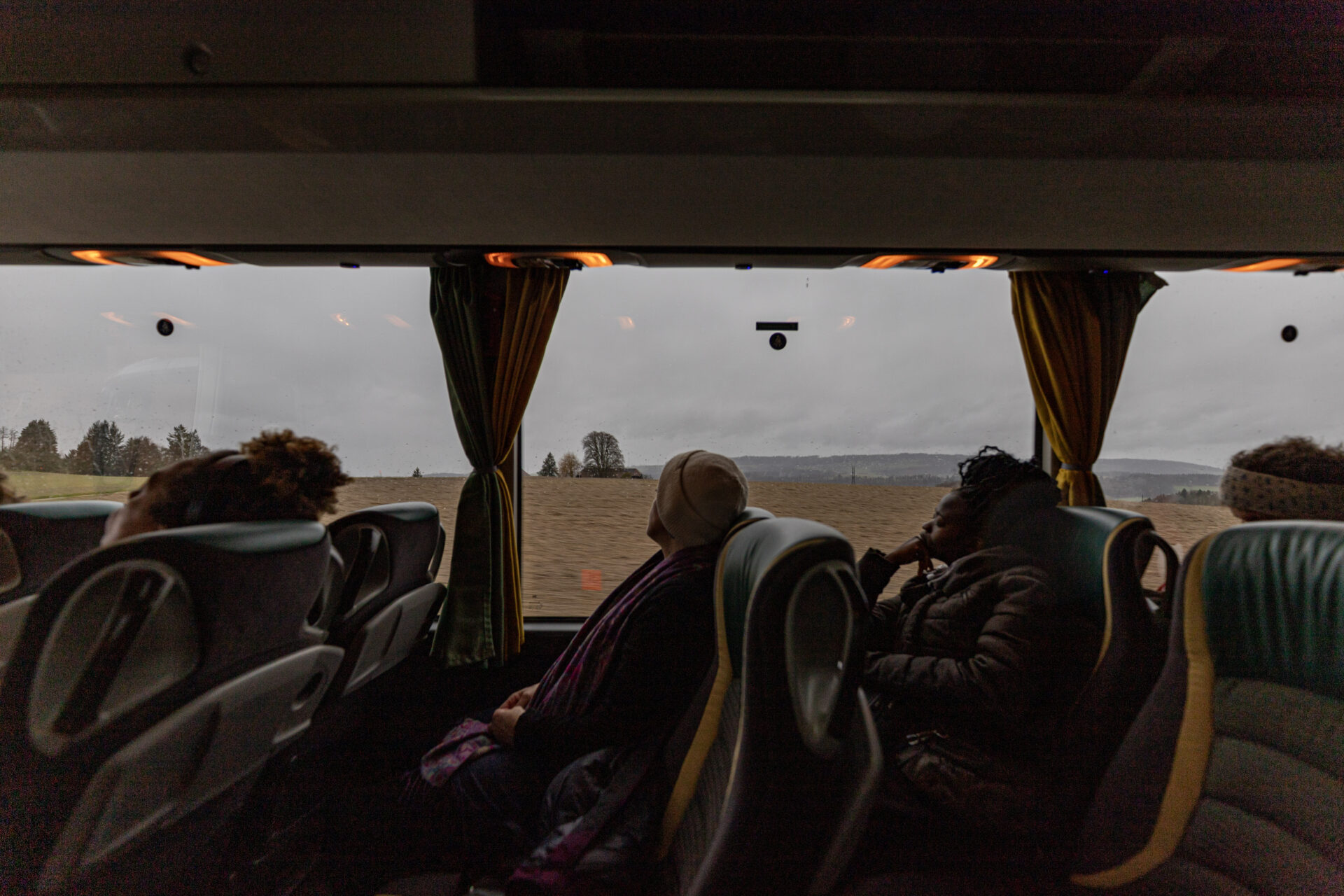
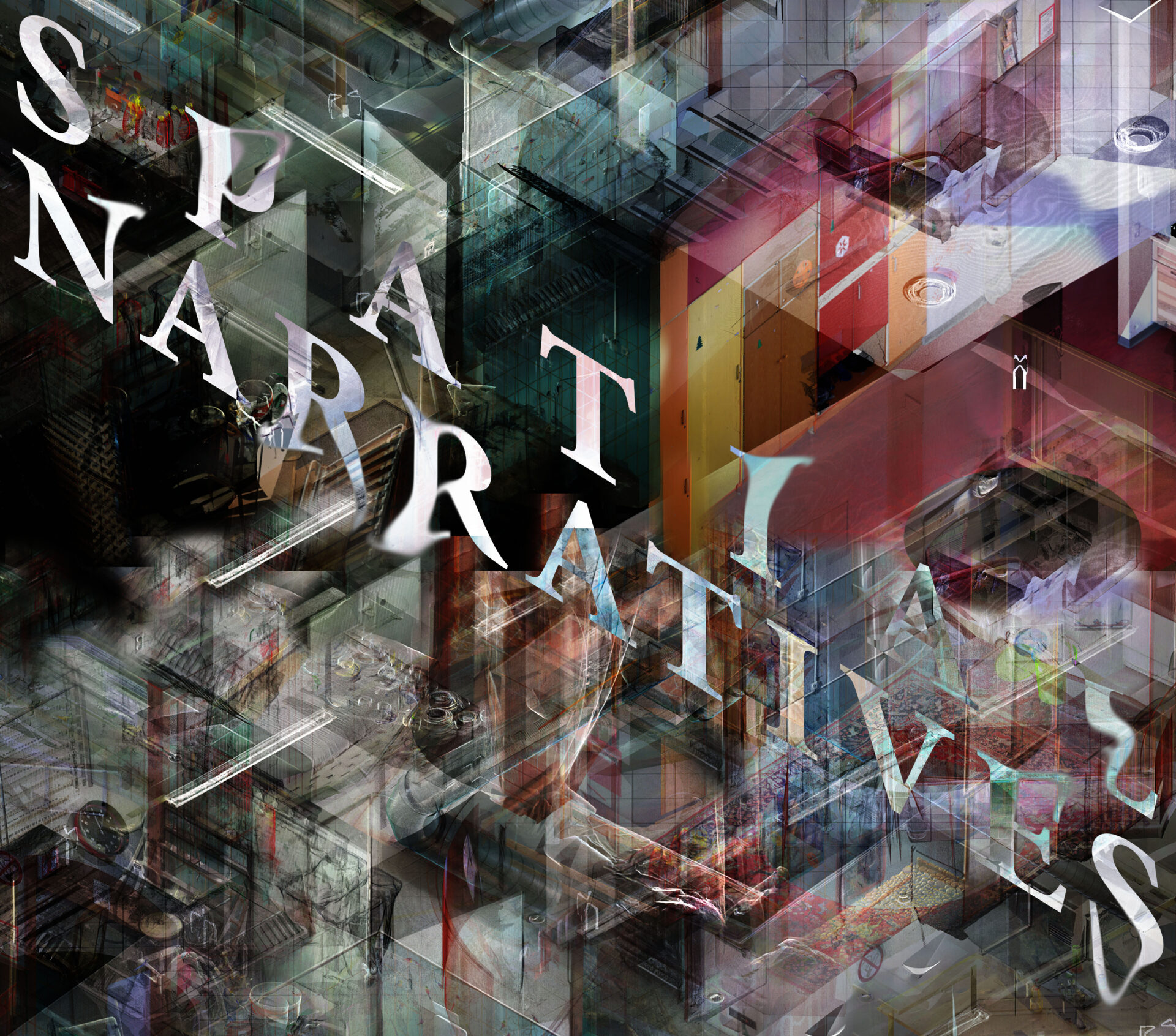
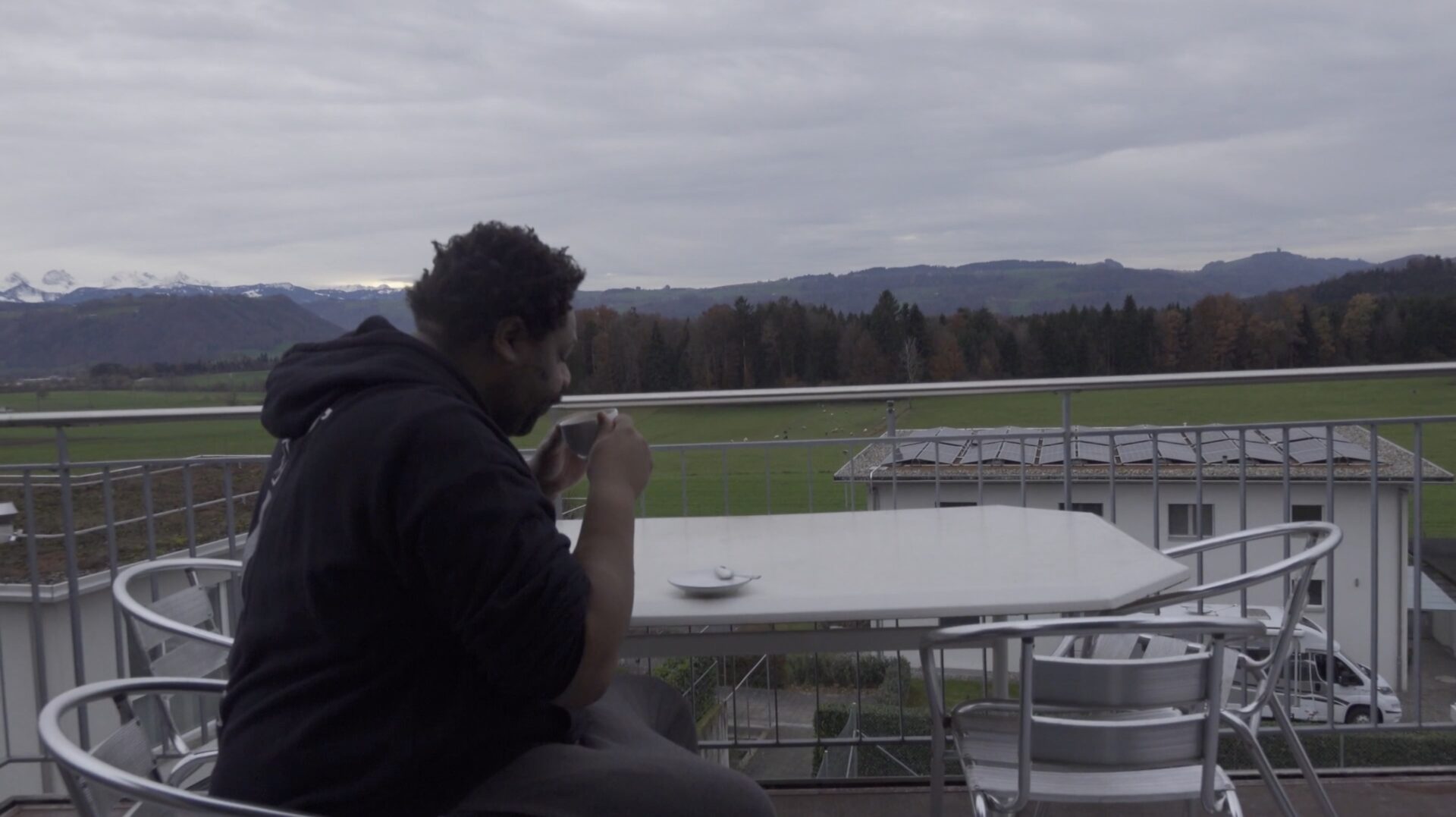
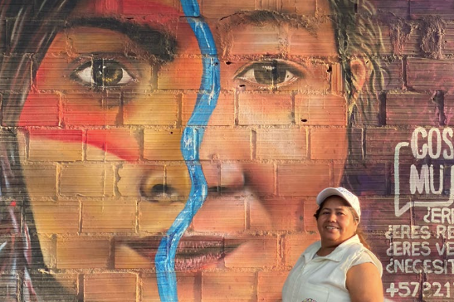
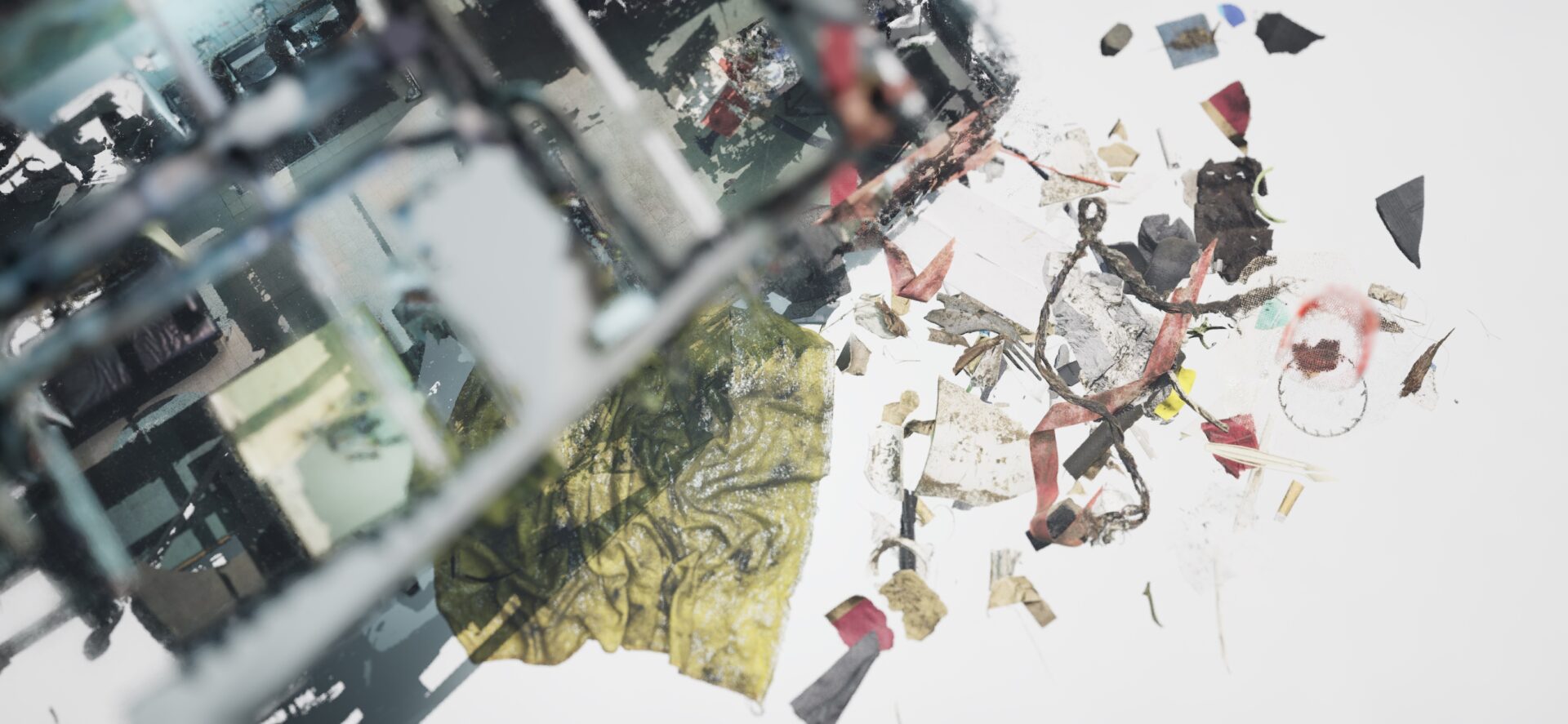

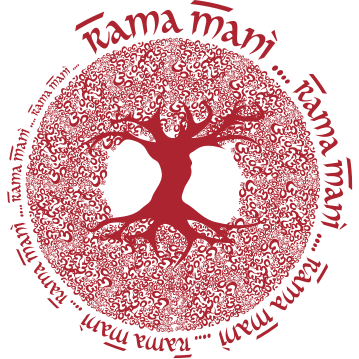
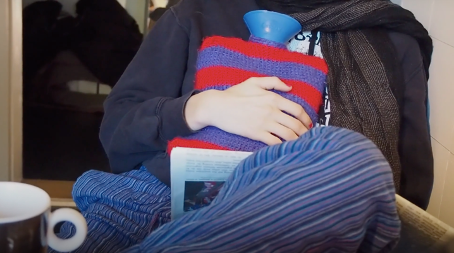


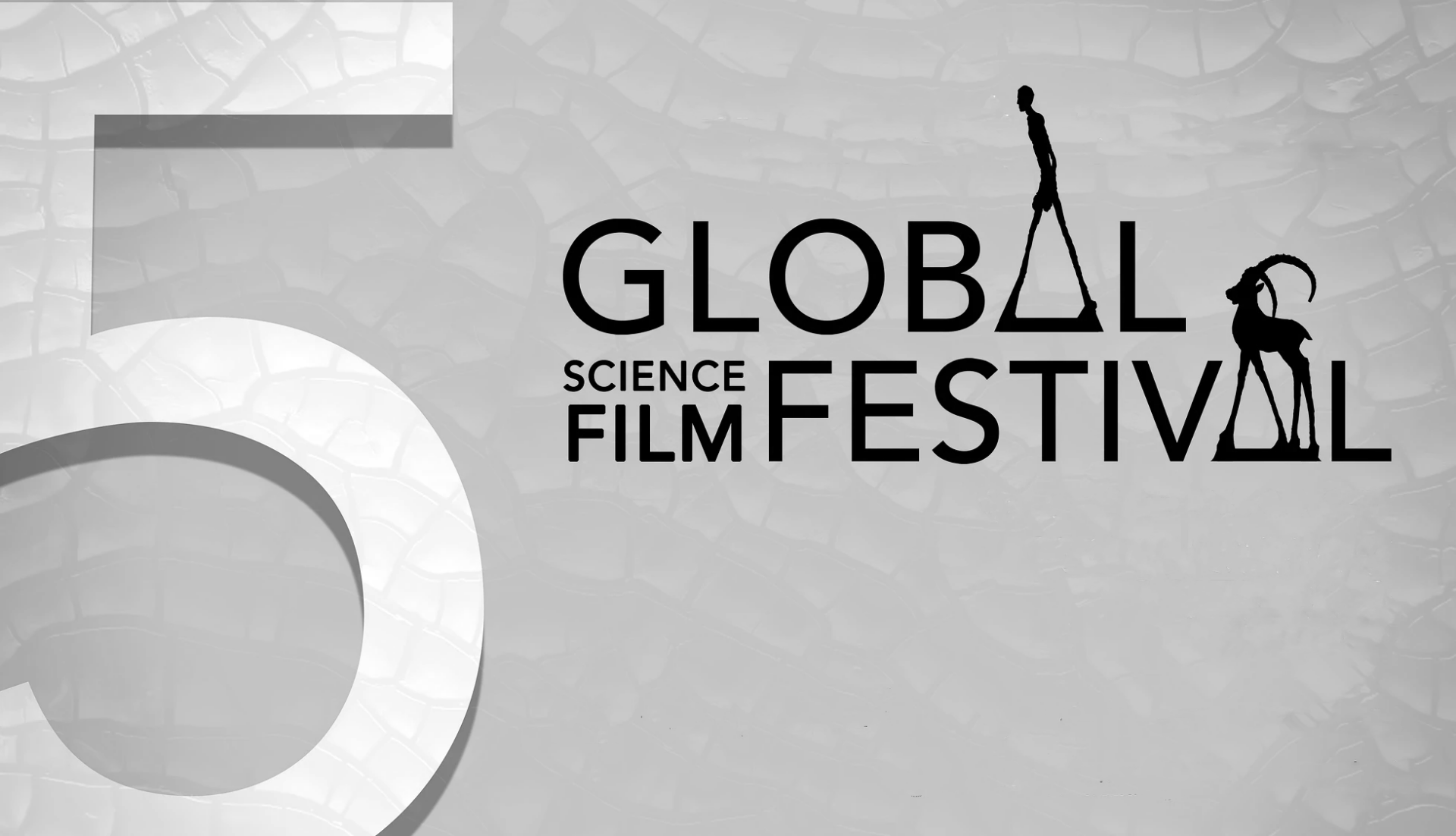

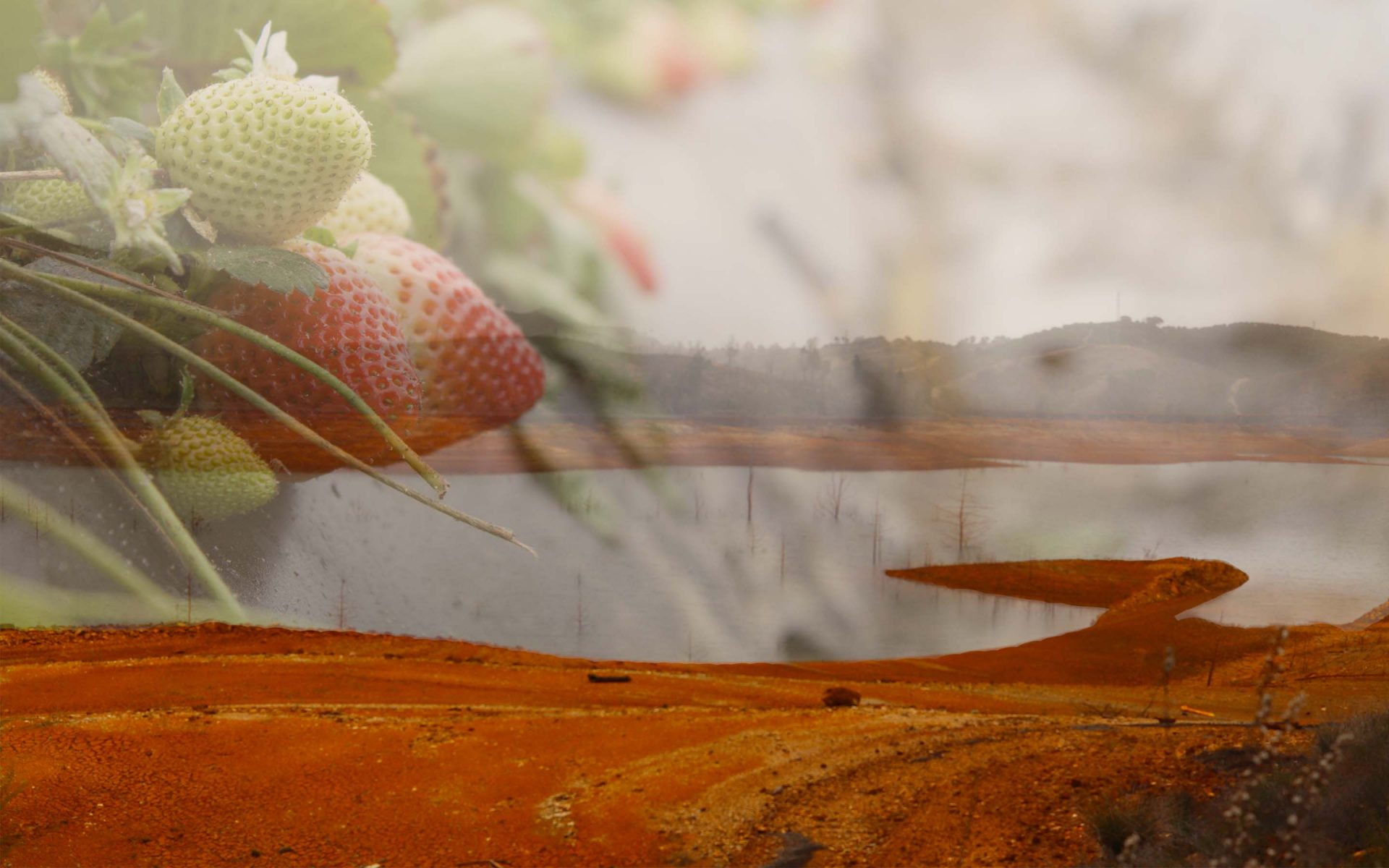
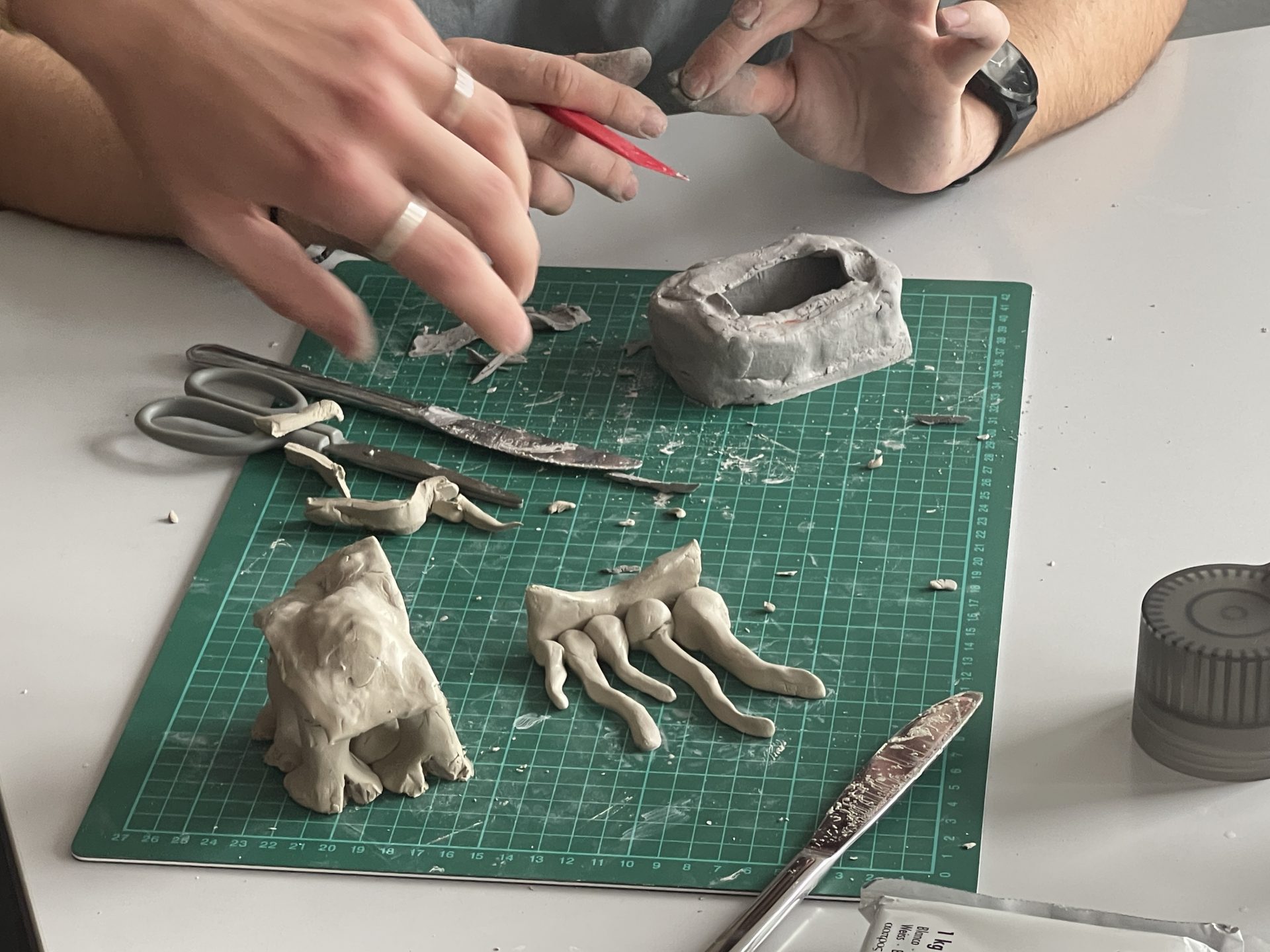
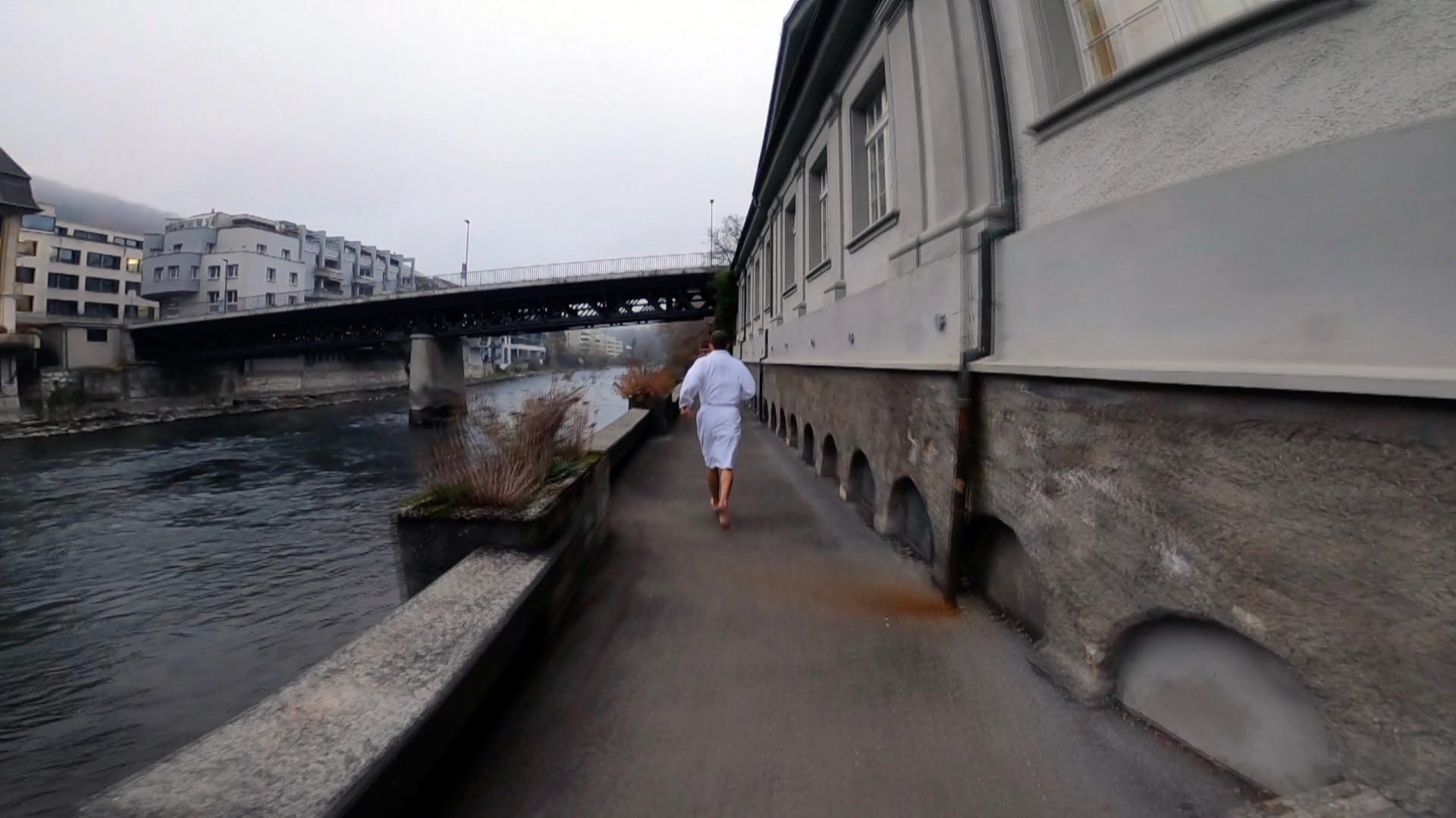
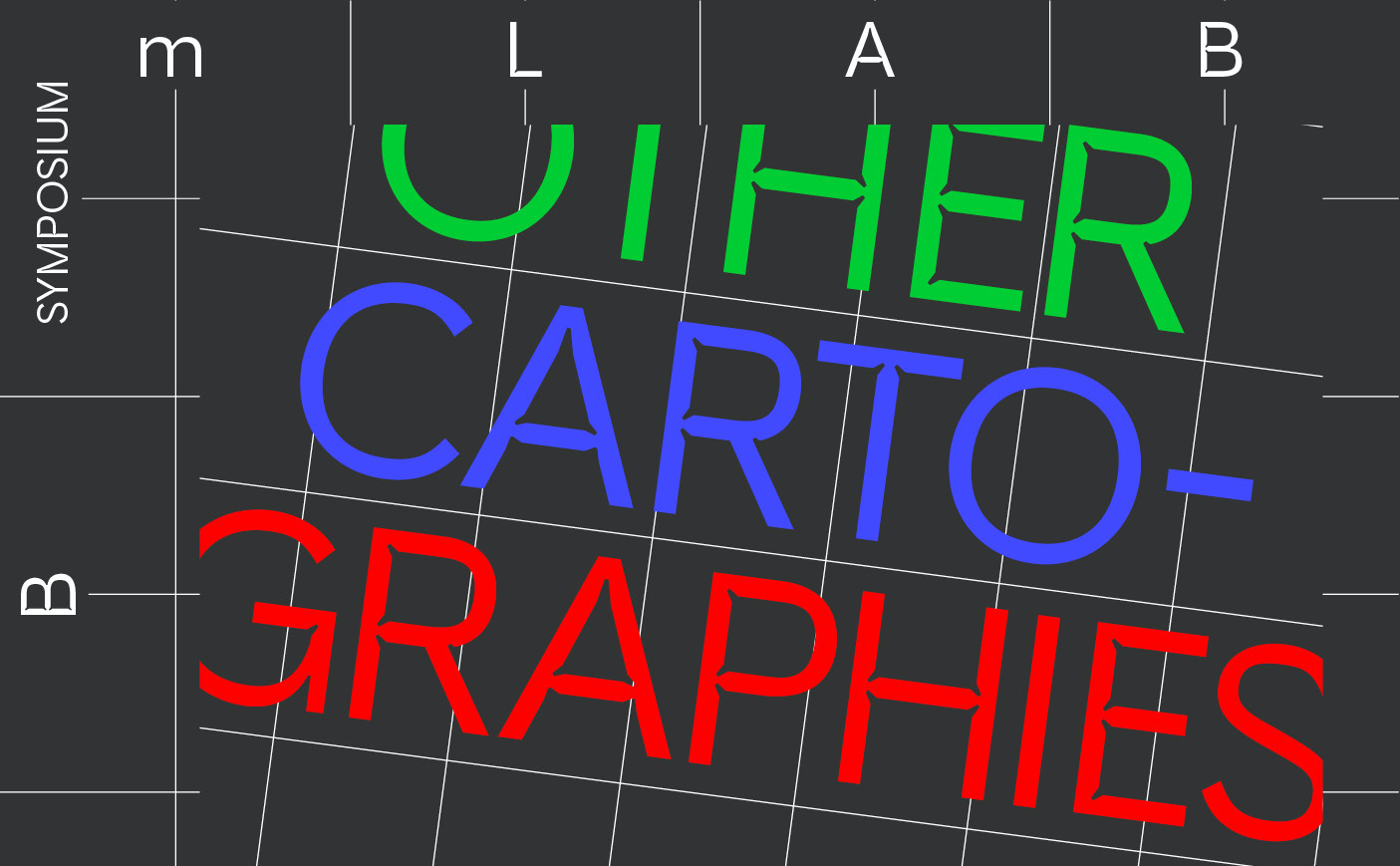
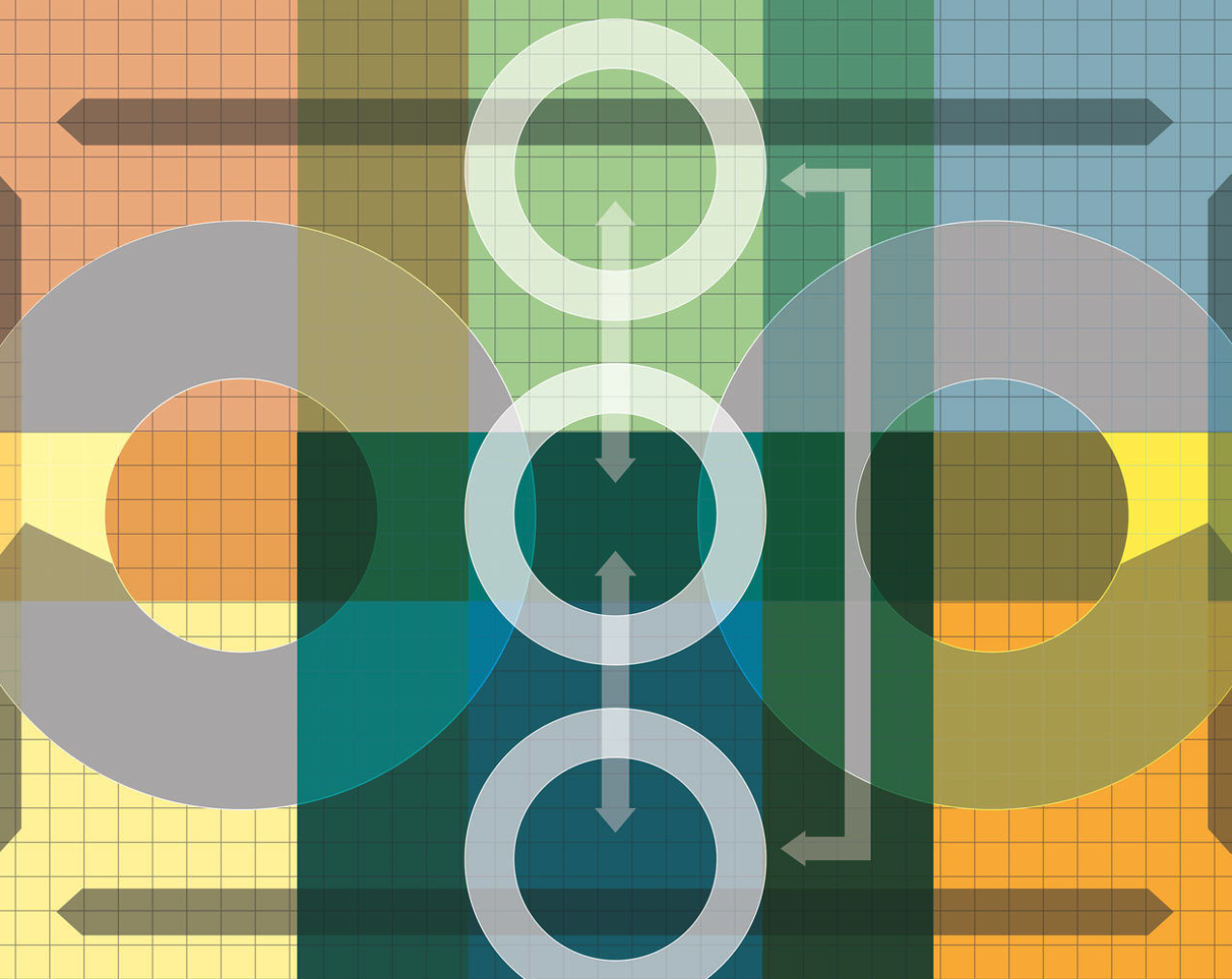
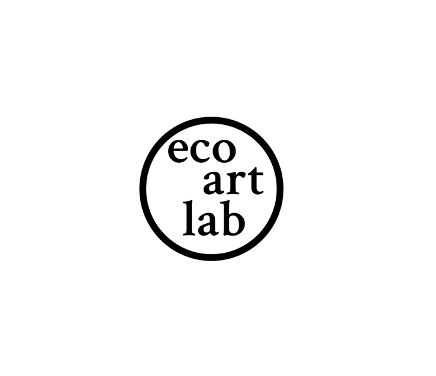

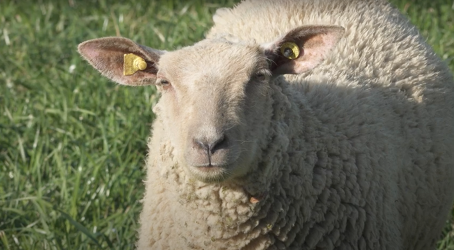

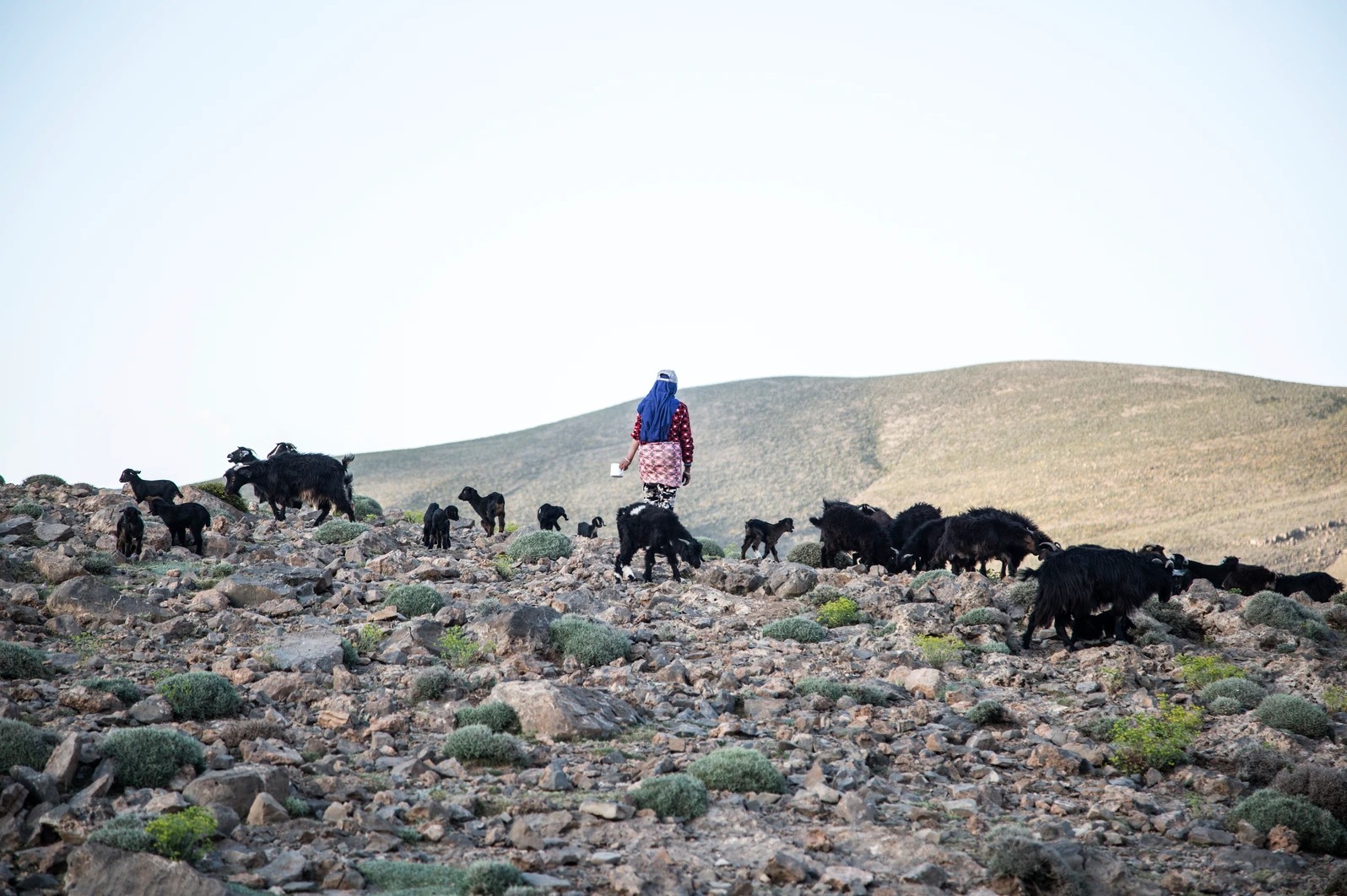
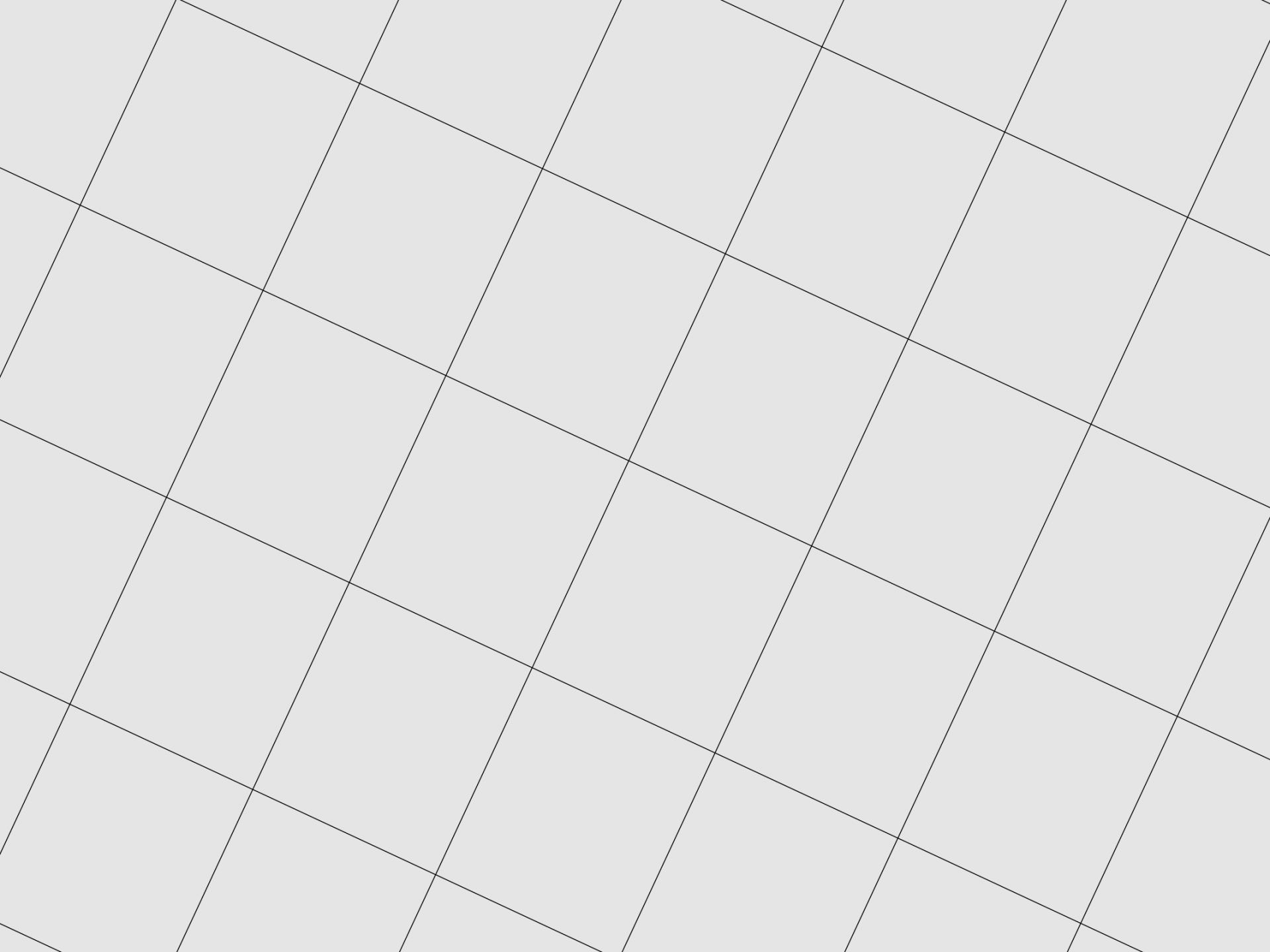
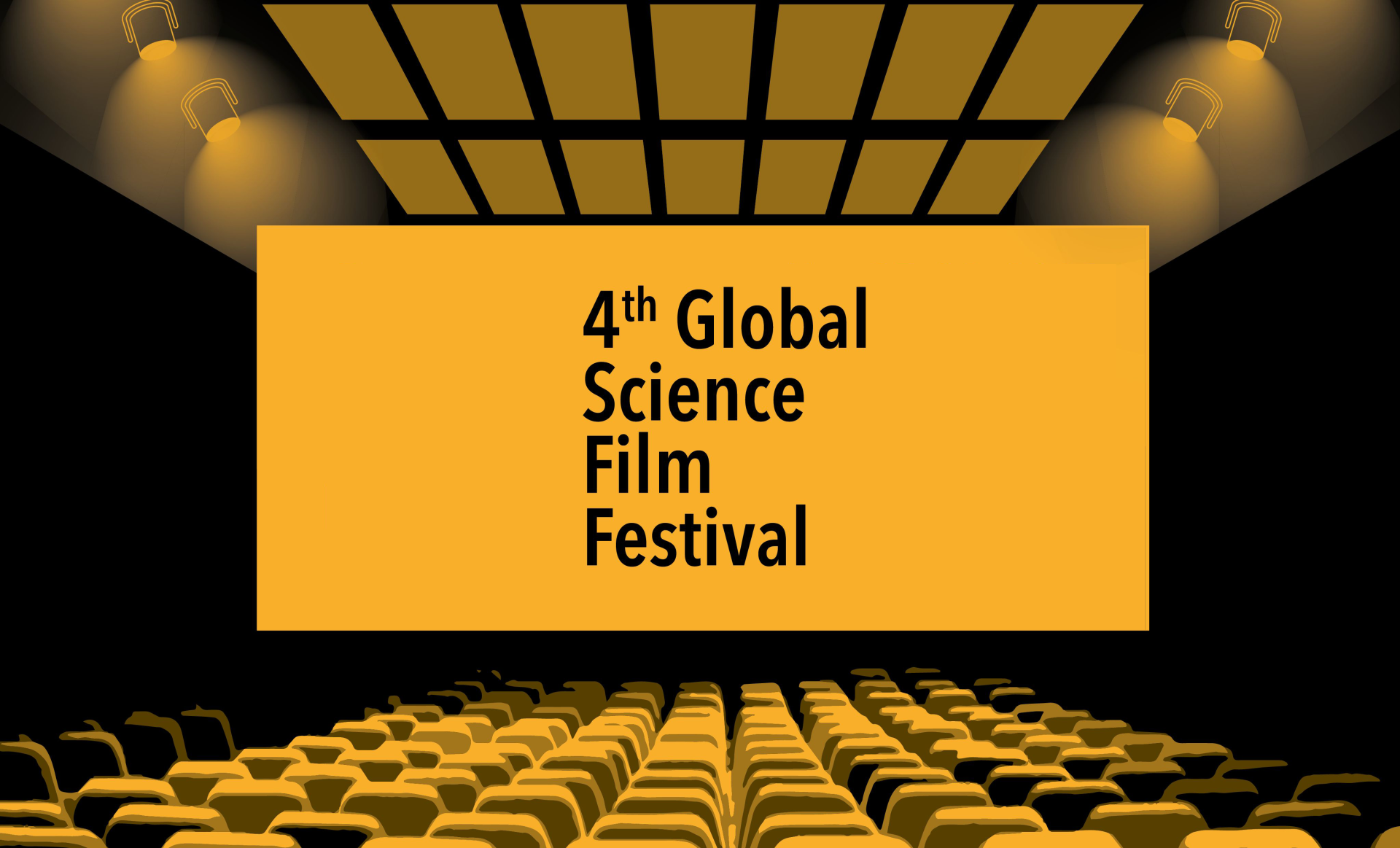
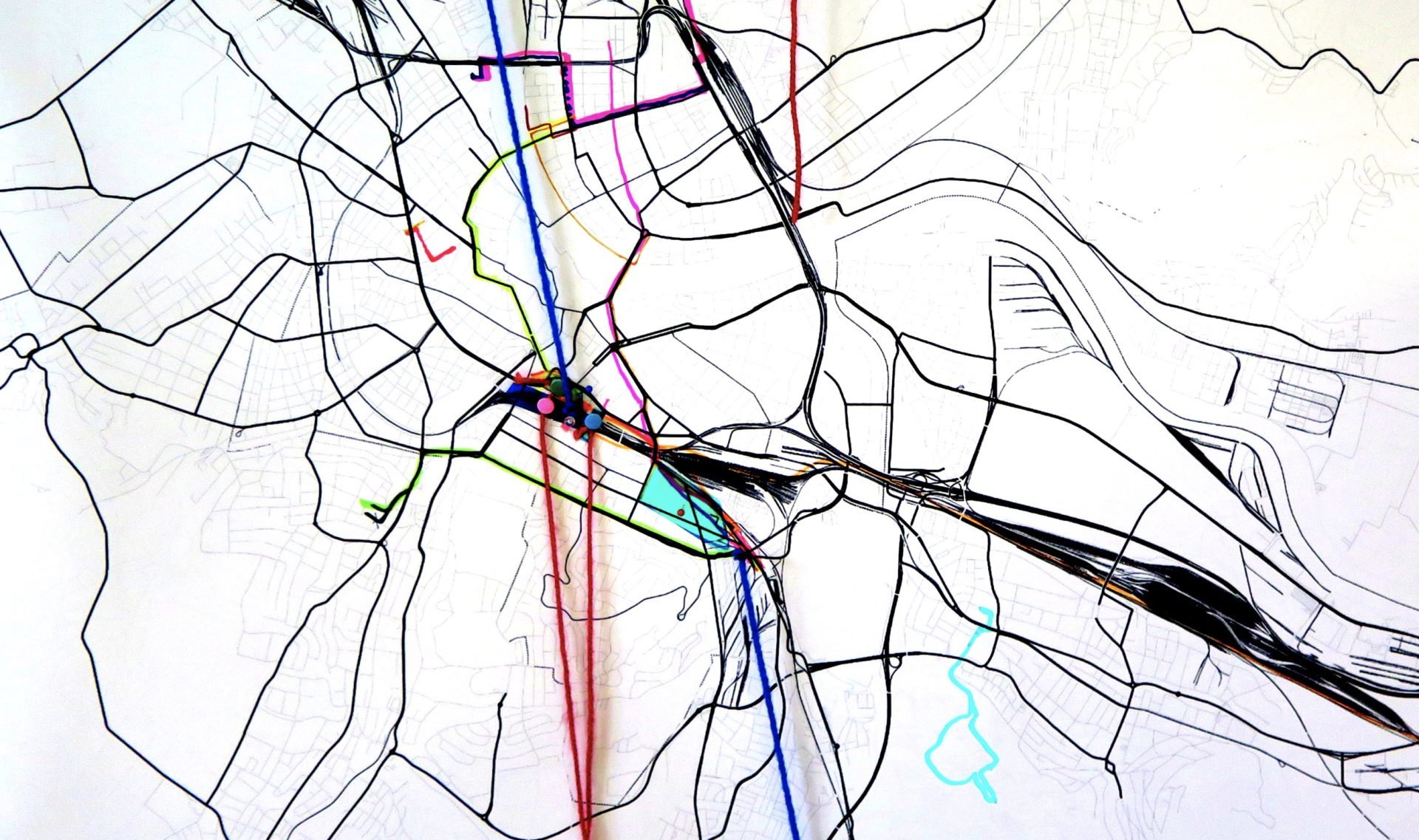

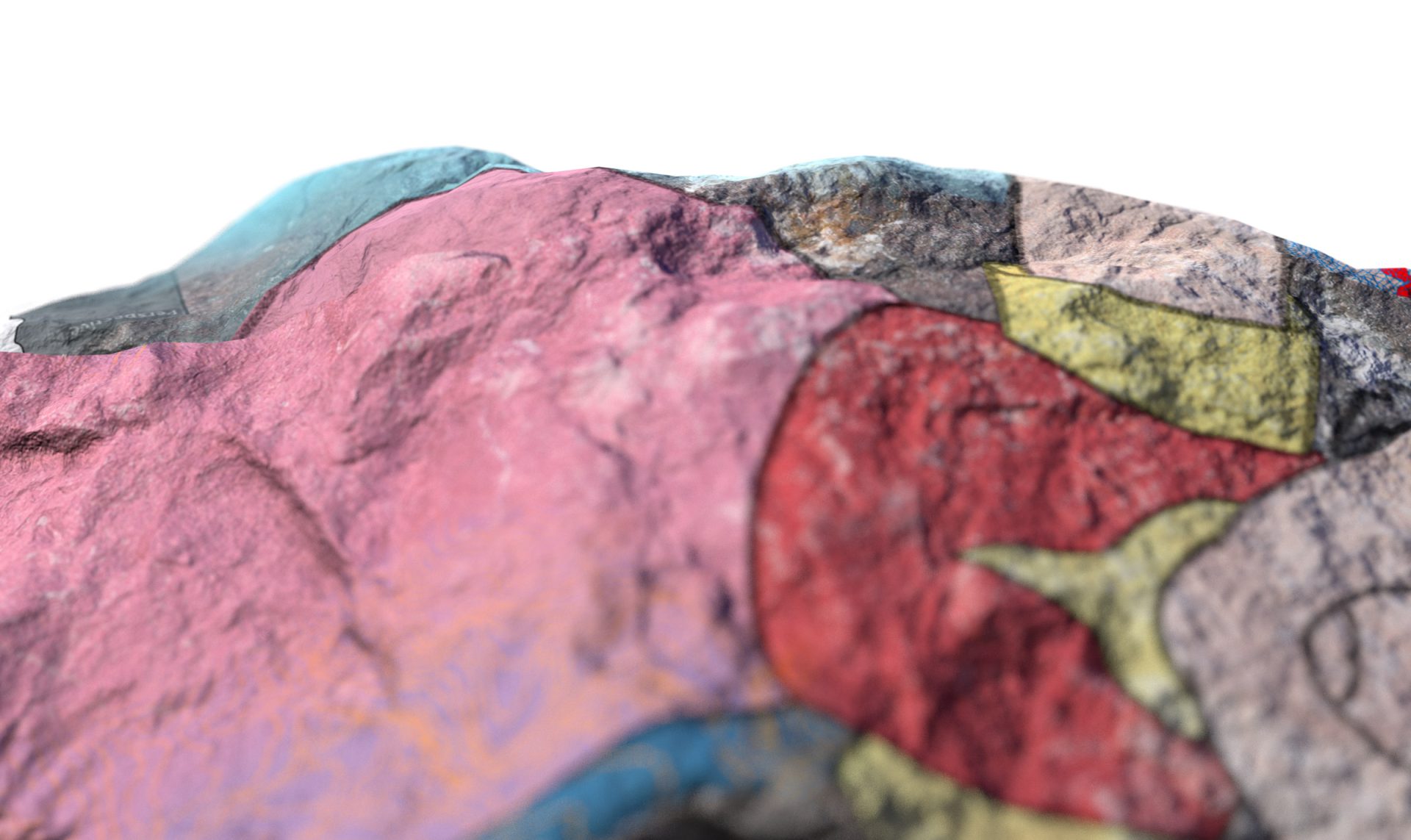

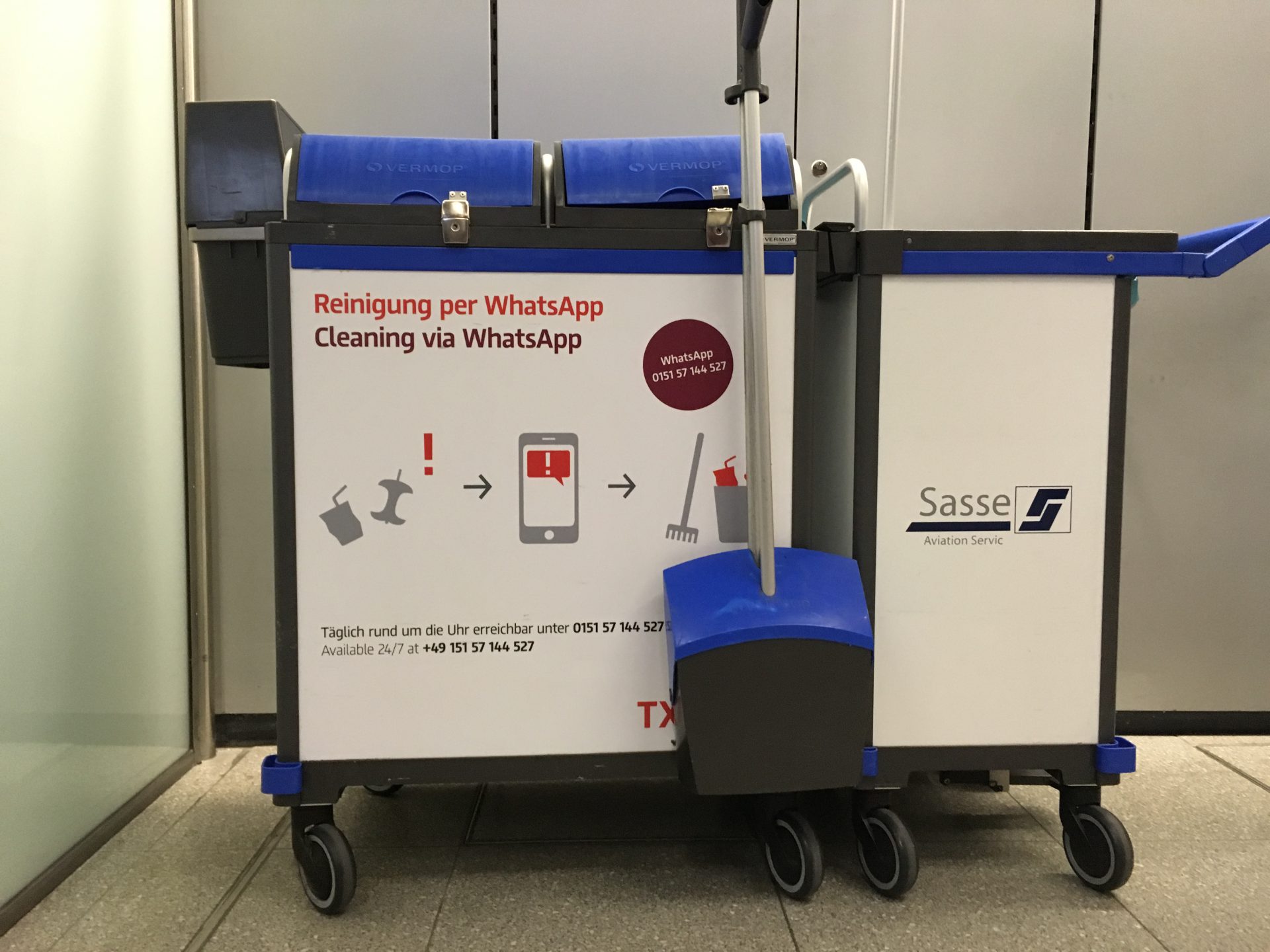
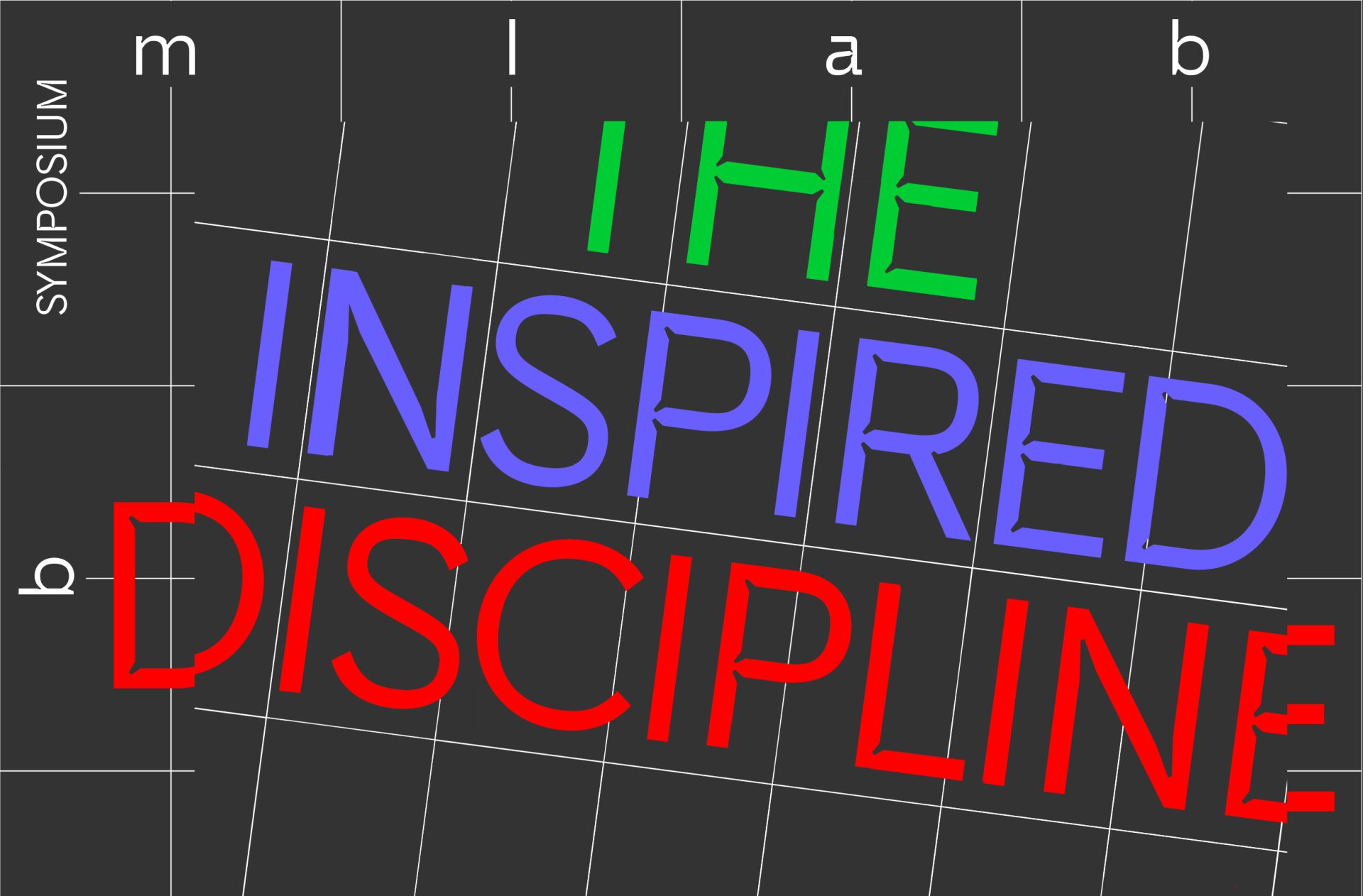
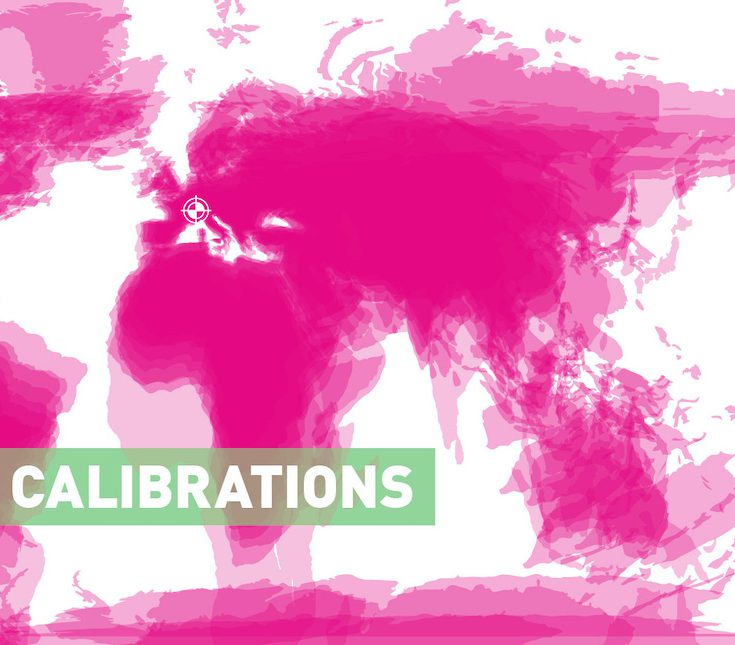
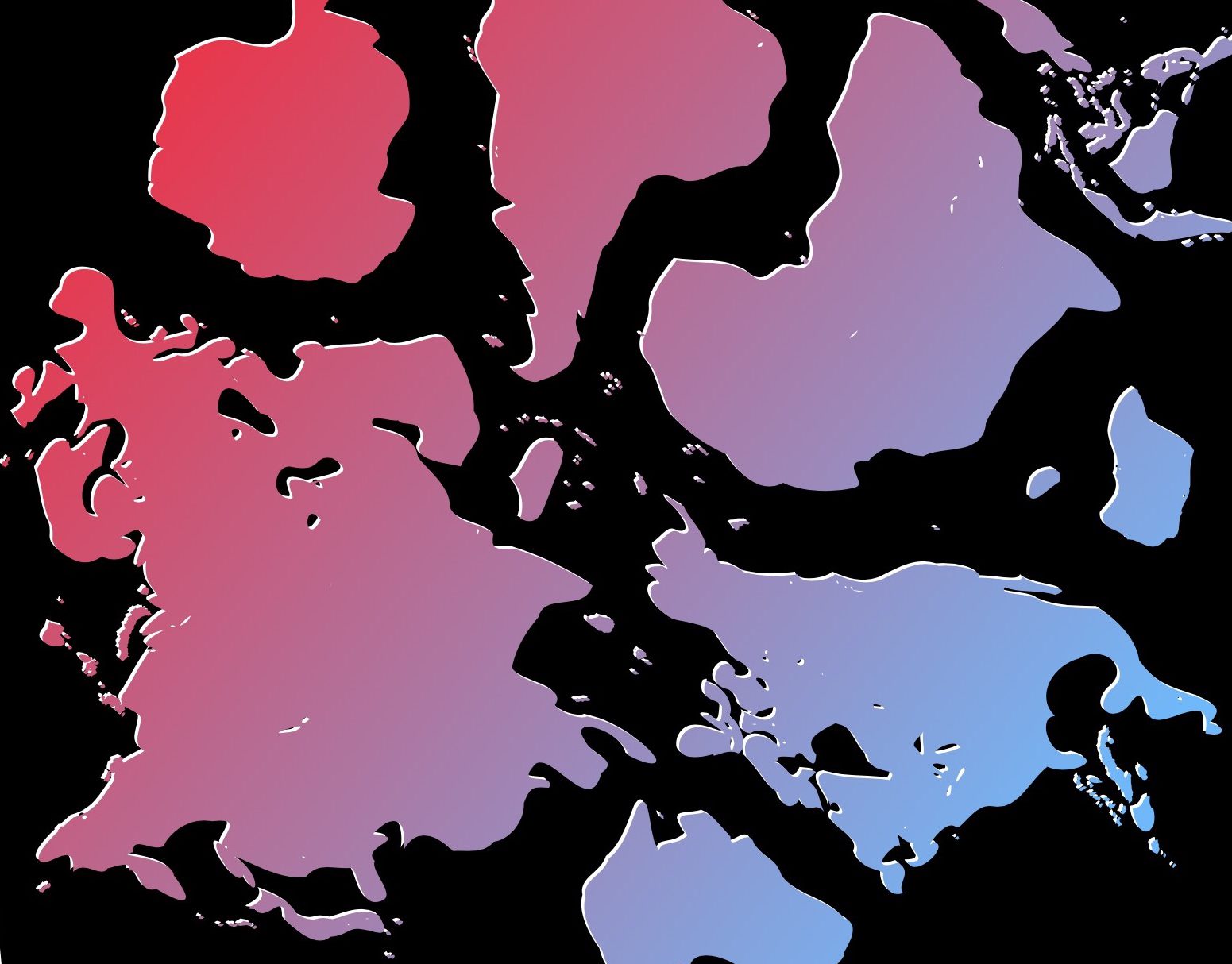
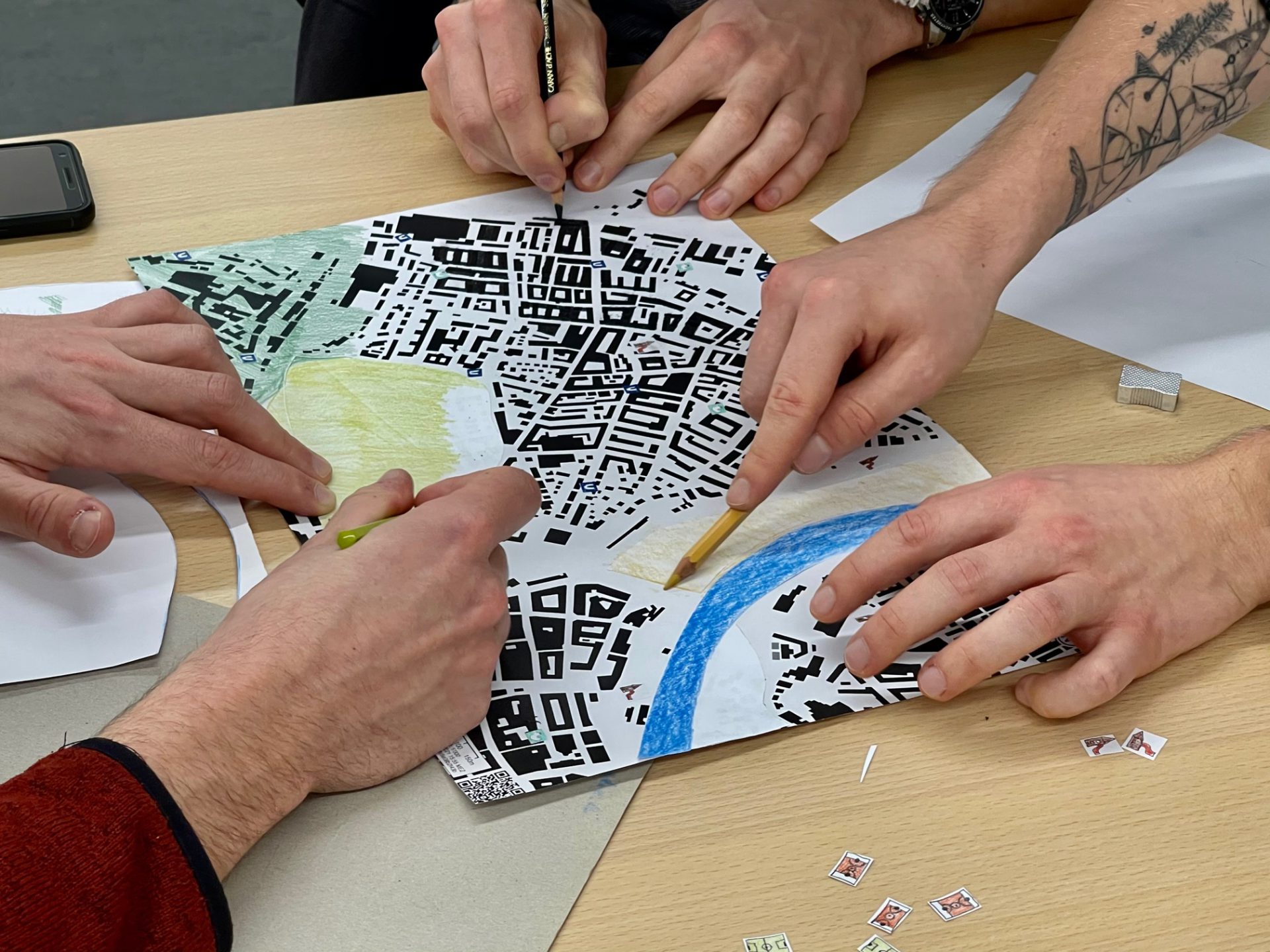

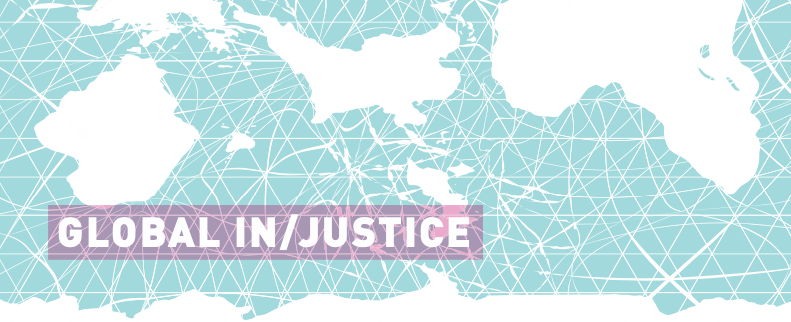
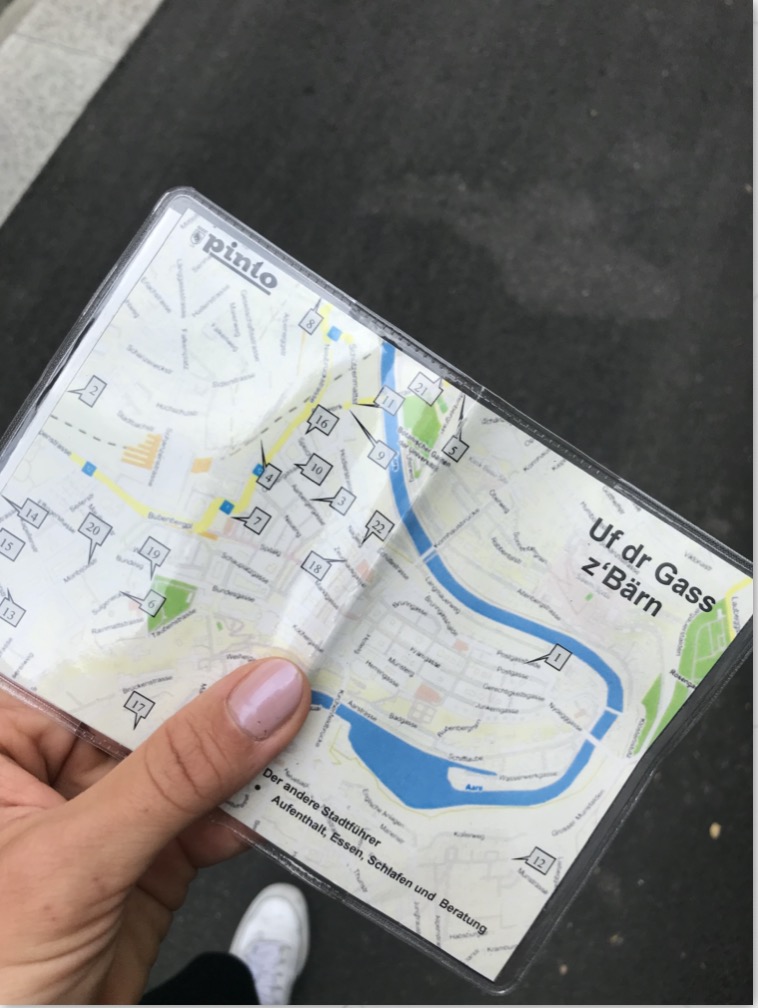
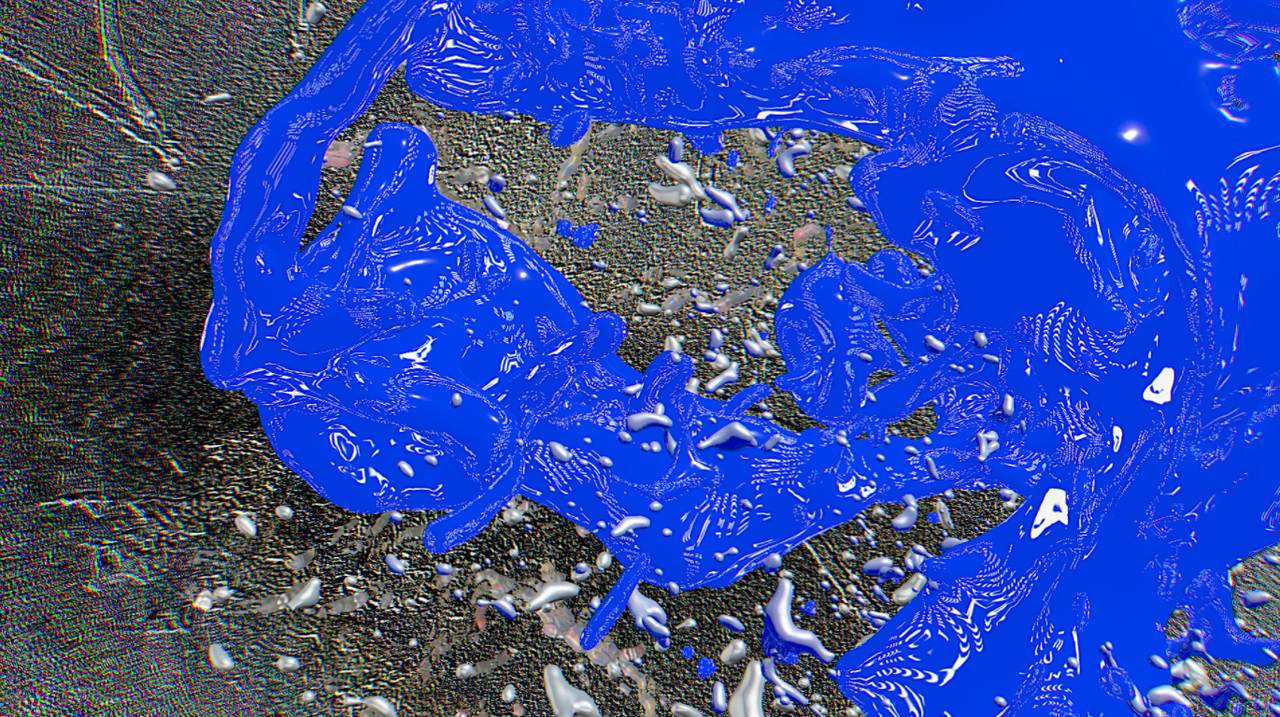


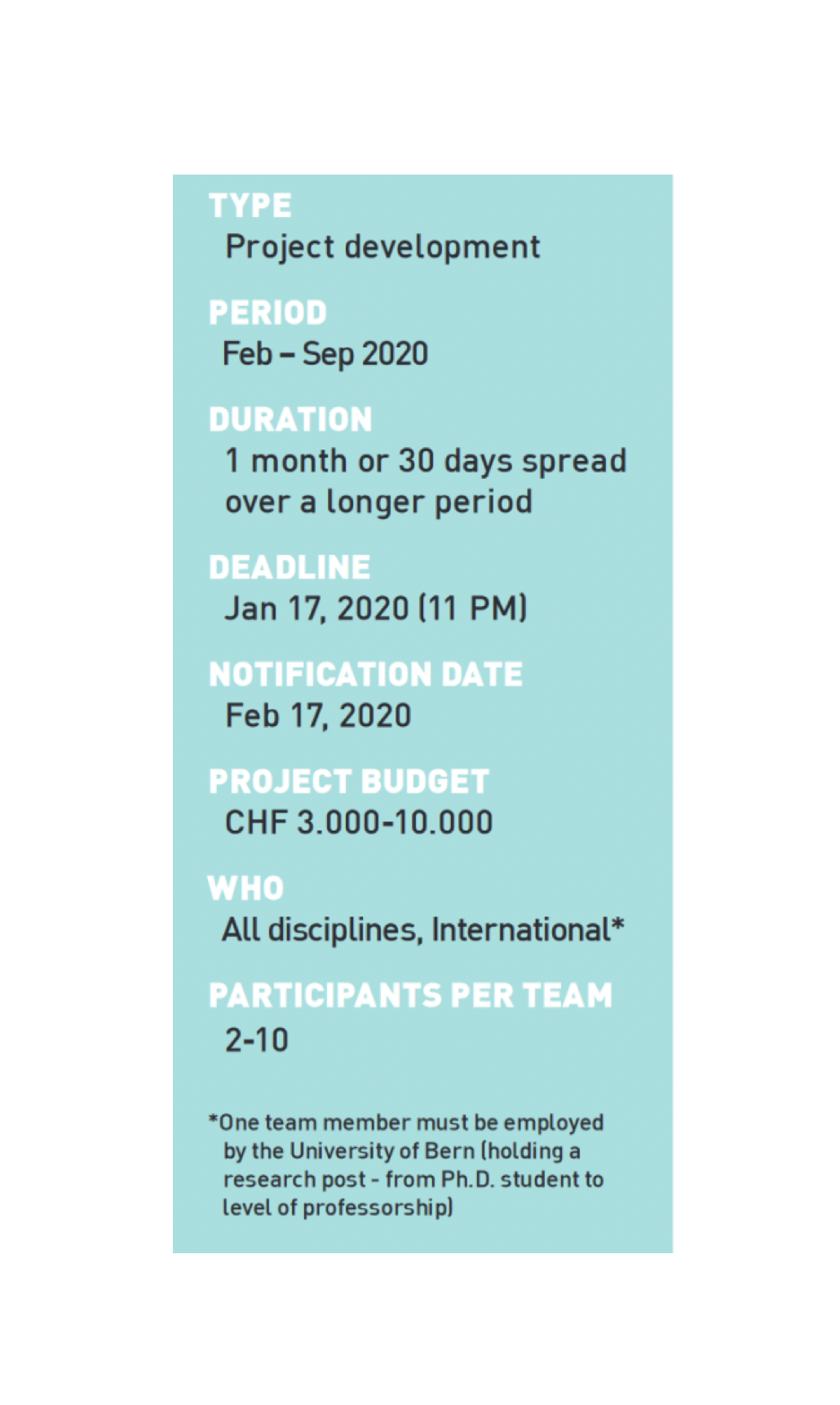



The experimental research platform mLAB, located at the Institute of Geography at the University of Bern, is pleased to
announce the first residency open call for transdisciplinary research collaborations between academia, research, (digital)
media, and arts. The residency aims to foster collaborations that experiment with new methodological approaches, forms of
knowledge production and science communication.
Resident teams are provided time, space and technology of the mLAB to develop independent projects, whether by focusing
on researching, critically reflecting upon their research and artistic practices, writing or connecting with new agents within
the arts and academia. The mLAB functions as an incubator and actively supports the working process in the form of mentoring
and assistance regarding the dissemination and cross-media communication of possible results.
The selected team(s) will work for a period of approxima-tely one month between February and September 2020. No final
product or presentation is required. However, we expect that the residency will be used to develop insights that will lead to a
follow-up project. Whether it will culminate in an artwork, a film, an exhibition, a performance or a research project that involves
artistic modes of data collection or dissemination, whether it is establishing a concrete network, writing a grant application,
planning a book, a journey, a website or a conference. The team decides. Nevertheless, we welcome any kind of public events,
lectures, workshops, open reading groups or screenings during the residency phase which take place at the Institute of Geogra-
phy and engage with the Institute’s faculty and students.
TOPIC
The first edition of the residency program deals with the topic of GLOBAL IN/JUSTICE. Our world is chronically suffering from a deficit of justice: uneven distribution of wealth, unequal freedom of movement, power disparities and the uncontrollable power of big data – these are just some of the examples of geographies of uneven development resulting from our global realities. These forms of economic, political, environmental, health and mobility injustices, however, are increasingly at the center of political, and social movements revendicating justice on all scales ranging from the local to the global for different
marginalized communities.
What types of injustices are at the forefront in current debates in academia, media and arts? How is justice understood and discussed in these different fields? What does justice mean for whom and to what ends? How is injustice instrumentalized in order to achieve certain interests? Which concrete local phenomena exist that are inseparably linked to global injustice or norms of justice? To what extent do certain discourses on justice exclude each other? Climate policy versus economic justice? How can the concept of justice be further developed through concrete empirical cases or new conceptual approaches? How can collective and participative work procedures lead to empowered discourses about justice?
Which visualizations can document different forms of global injustices, contribute to a more just world and/or point to unresolvable contradictions around struggles towards justice? What are unconventional ways to produce knowledge about global in/justices and to disseminate this knowledge to diverse audiences and publics? Which narratives, personalities, and objects are exemplary in this thematic field? Which musical, poetic, radical, transversal, personal and performative possibilities of examining questions of global in/justices exist?
Reflecting its inter- and transdisciplinary character, the mLAB welcomes applications from a wide spectrum of disciplines (social science, humanities, natural science, interdisciplinary fields), research interests and questions.
Eligible for proposals are teams of which at least one team member (No1) must be employed by the University of Bern and hold a position related to research ranging from the level of Ph.D. students to the level of professorship. Other team members can be artists and researchers from all disciplines, inside or outside the university, from Bern or another part of the world, students, academic personnel, pedagogues, activists, journalists, cultural workers, architects, writers or designers. Everyone should be willing to engage in collaborative practice. There are no restrictions regarding age or origin. We cannot provide a guarantee for entry and visa but will do our best to support you in case of any problems. The group size should be between 2 and 10 participants.
I am a scientist or artist who would like to collaborate, but I don‘t know of anyone suitable!
In this case, we ask you to send us an e-mail (mlab@giub.unibe.ch) with a short text in which you describe your research background or your artistic background and your contact details. We will create a database of interested individuals in order to connect them via a digital platform and organize an optional speed dating event in Bern in December, where potential applicants can get to know each other to develop a collaborative project.(Your data will be handled with absolute confidentiality and will not be passed on to anyone without your consent.)
A working team has CHF 3,000-10,000 at its disposal, which can be spent on the basis of a pre-agreed budget plan. This budget is used to cover materials, books, travel, and honorariums for guests, but also to pay for travel and accommodation in Bern, should individual participants not be local. The mLAB does not own any guest apartments. An honorarium can also be paid to team members at their own discretion. However, doctoral students, postdocs, and faculty from the University of Bern or other universities holding a position are not entitled to pay themselves salaries or honorariums.
The mLAB provides a pool of equipment to realize film and audio projects and is equipped with several workstations with common video, sound editing and DTP software which can be used 24/7, with consideration of other activities taking place there. Furthermore, the Institute of Geography offers additional infrastructures such as a library, labs, etc., which can be used on request.




The complete application (all in one PDF file) should be sent via email to mlab@giub.unibe.ch until January 17, 2020 (11 PM).
It can be written in English, German or French and should consist of:
1. a text (max. 4 pages) that…
2. a short text that describes the professional / research background of the individual team members (one paragraph per person)
3. CV’s (max. 3 pages per person)
Optional: documentation of previous projects, texts, images, videos, own web pages, links
A jury of experts from different fields will review the submissions
and inform the candidates by February 17, 2020.